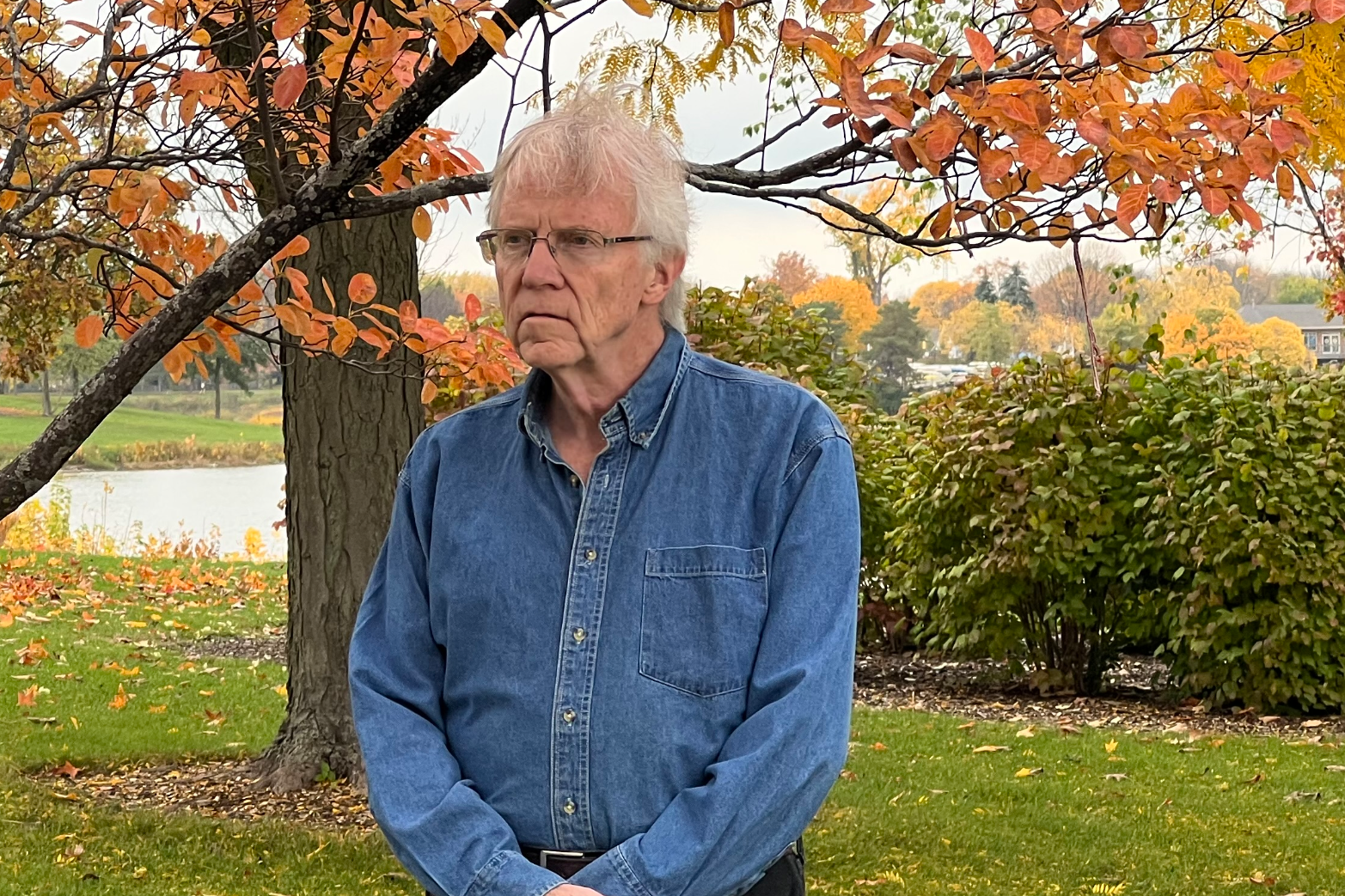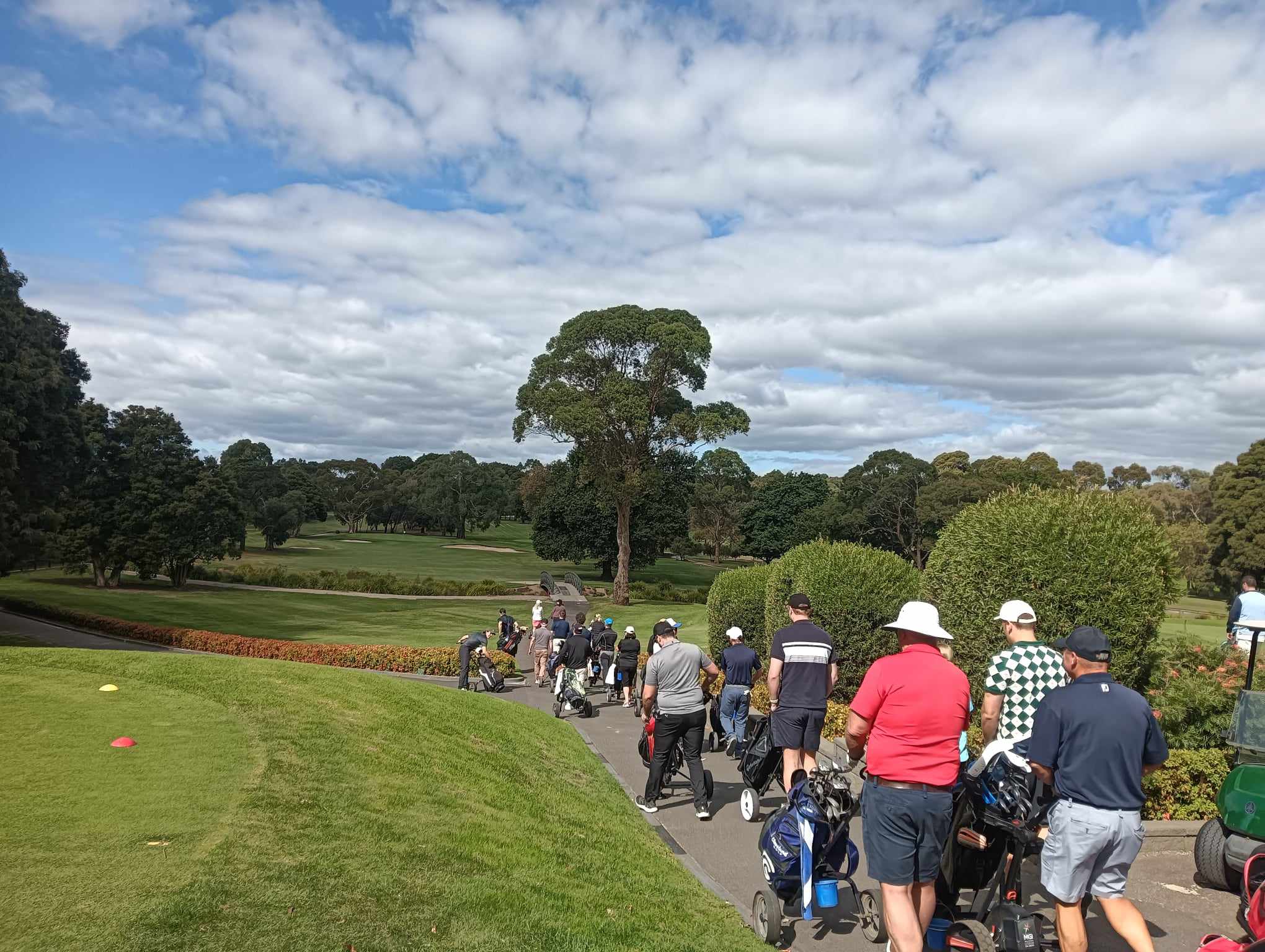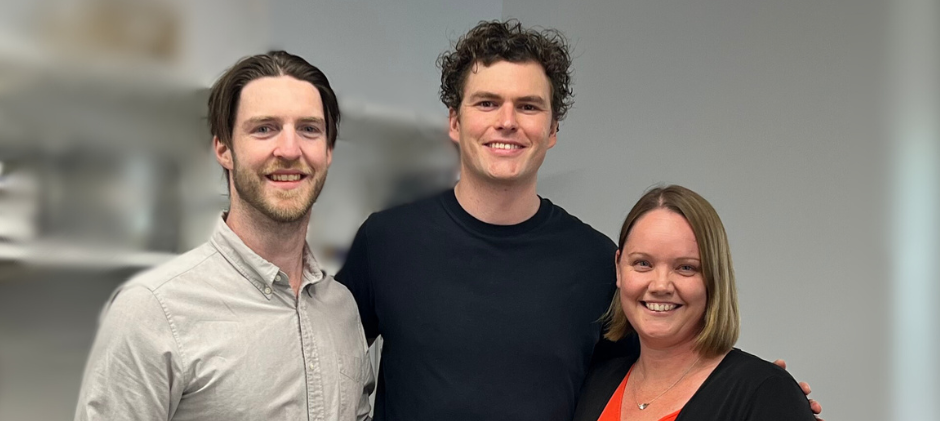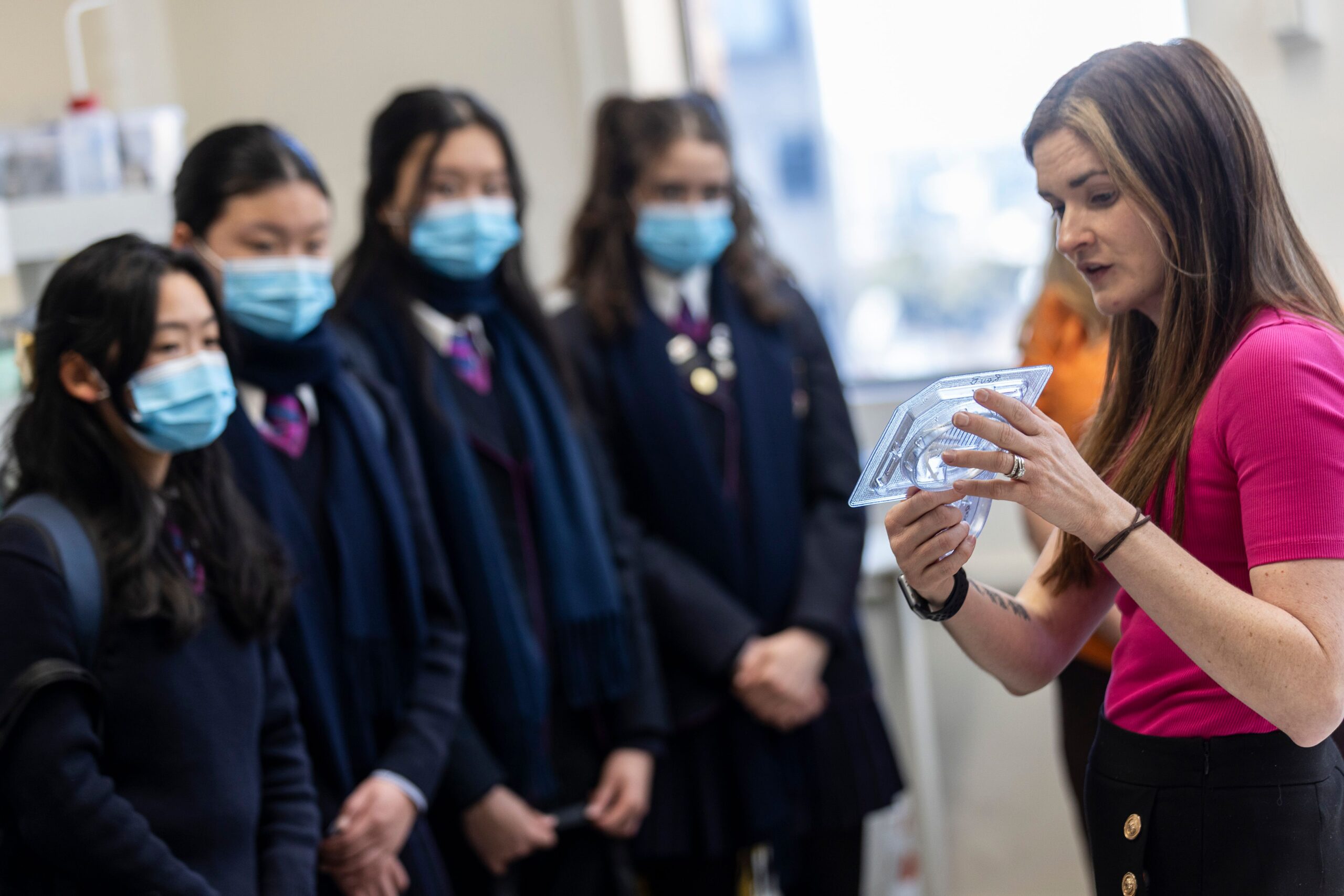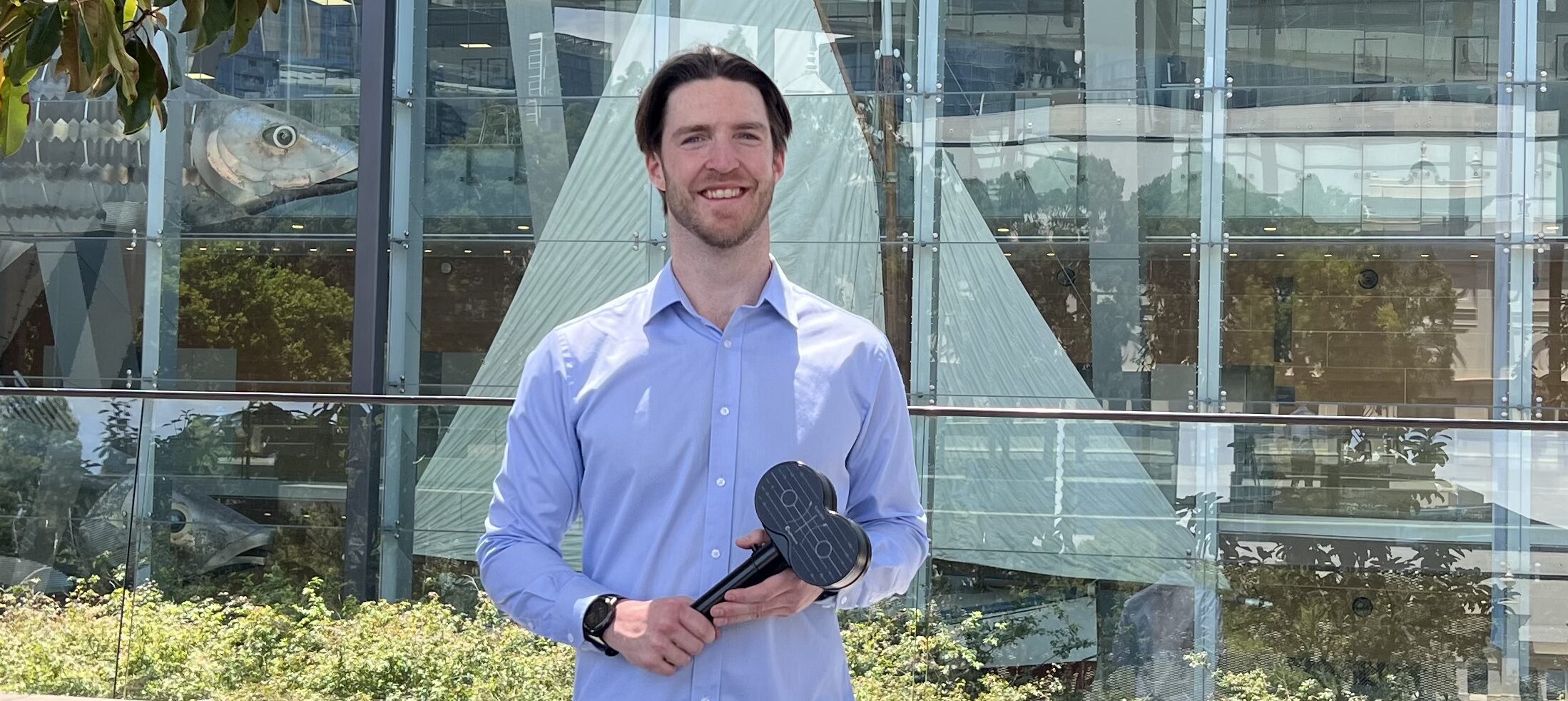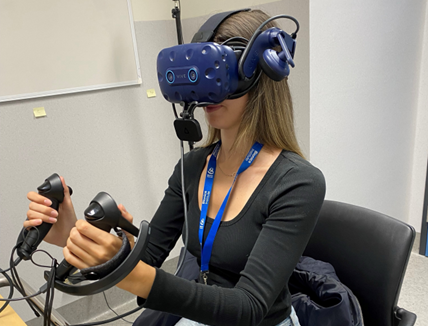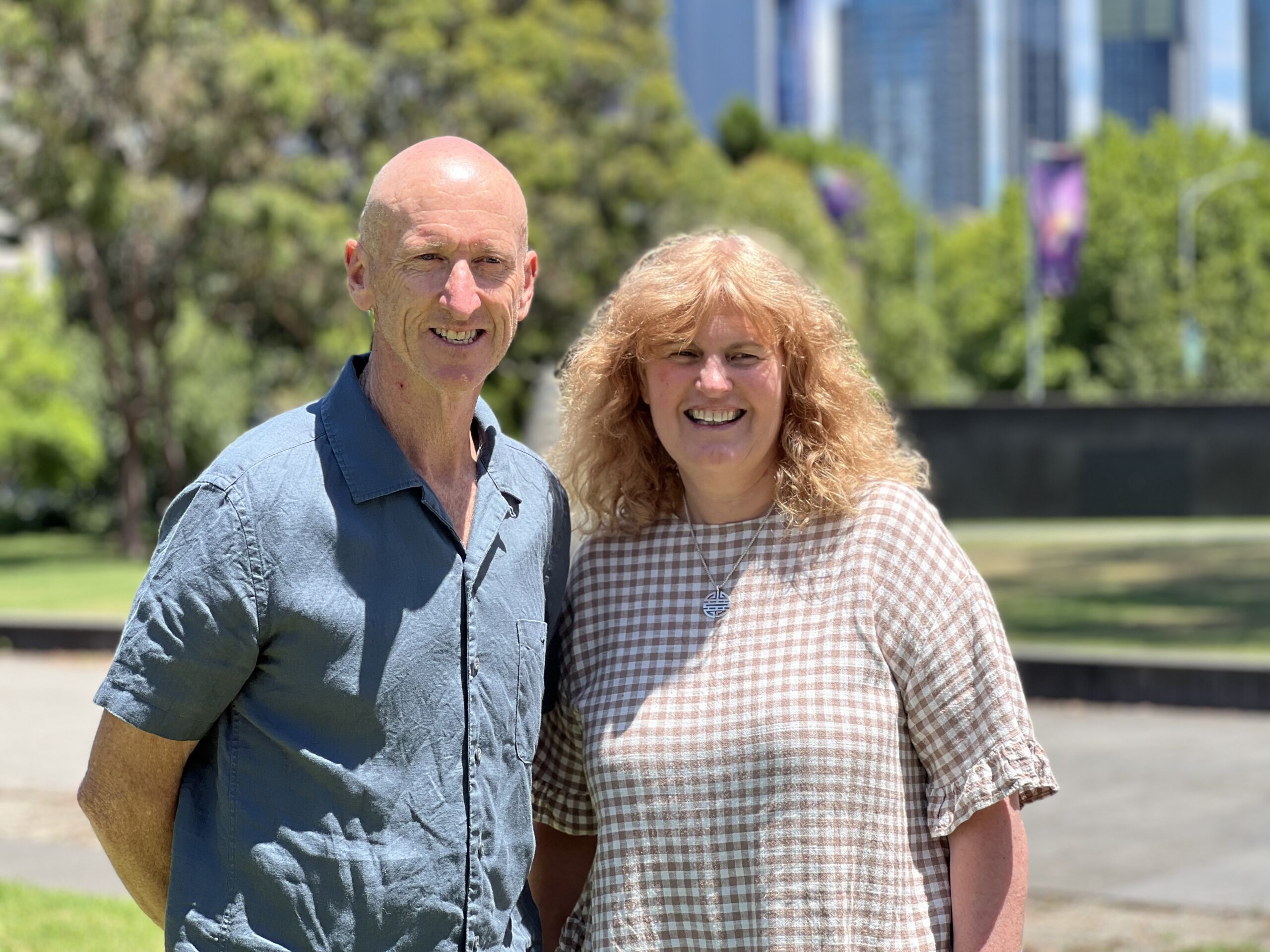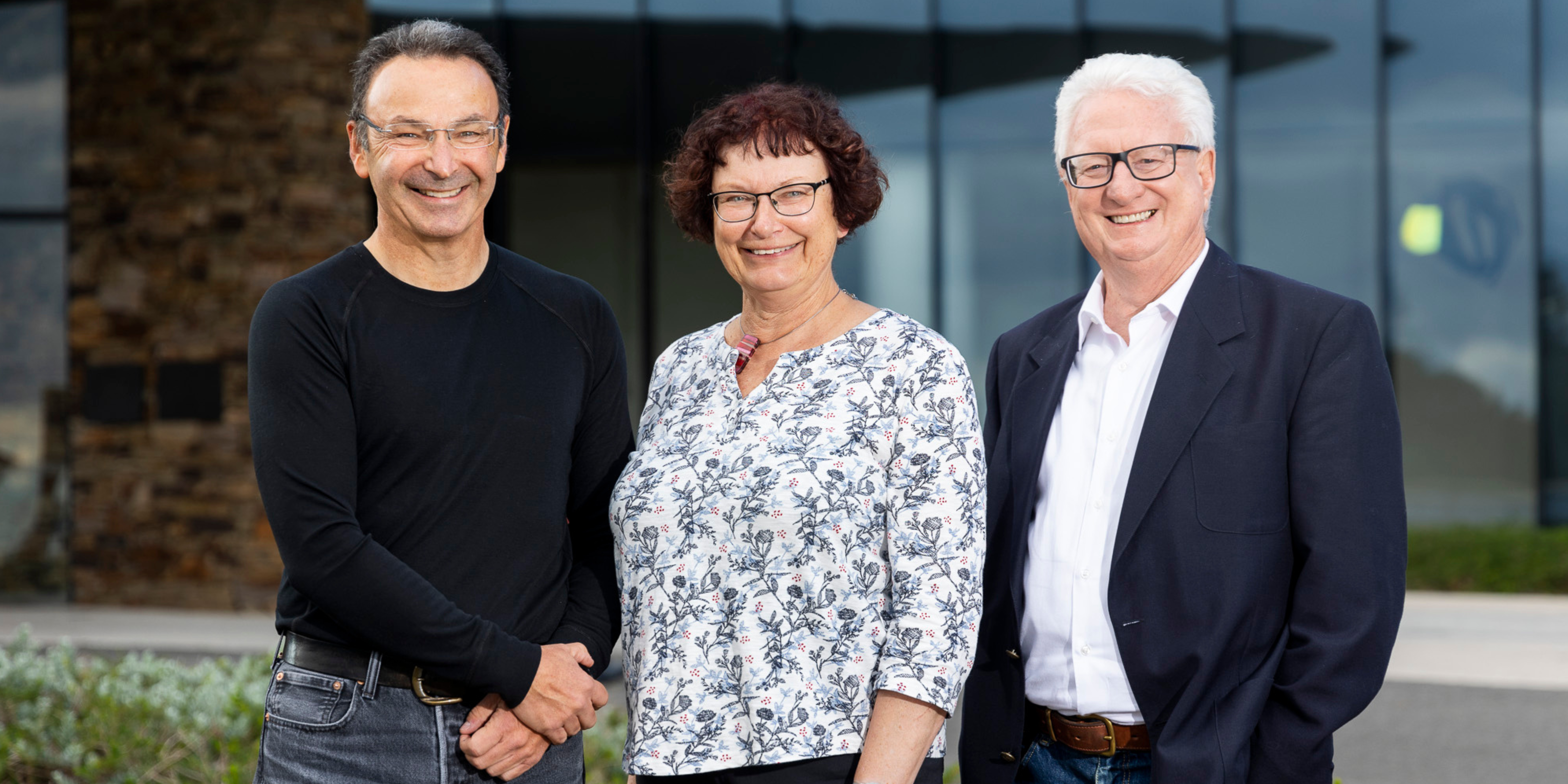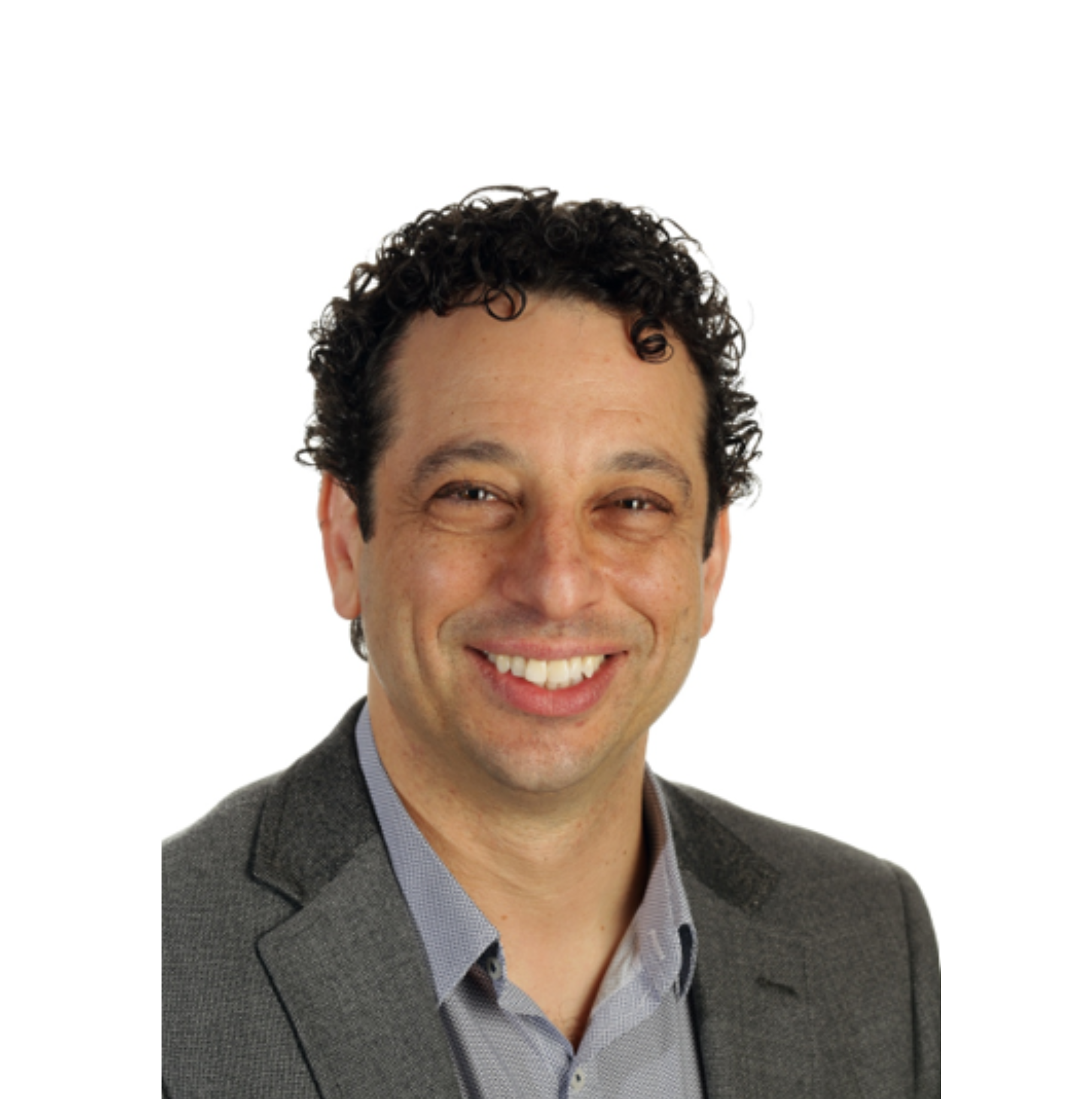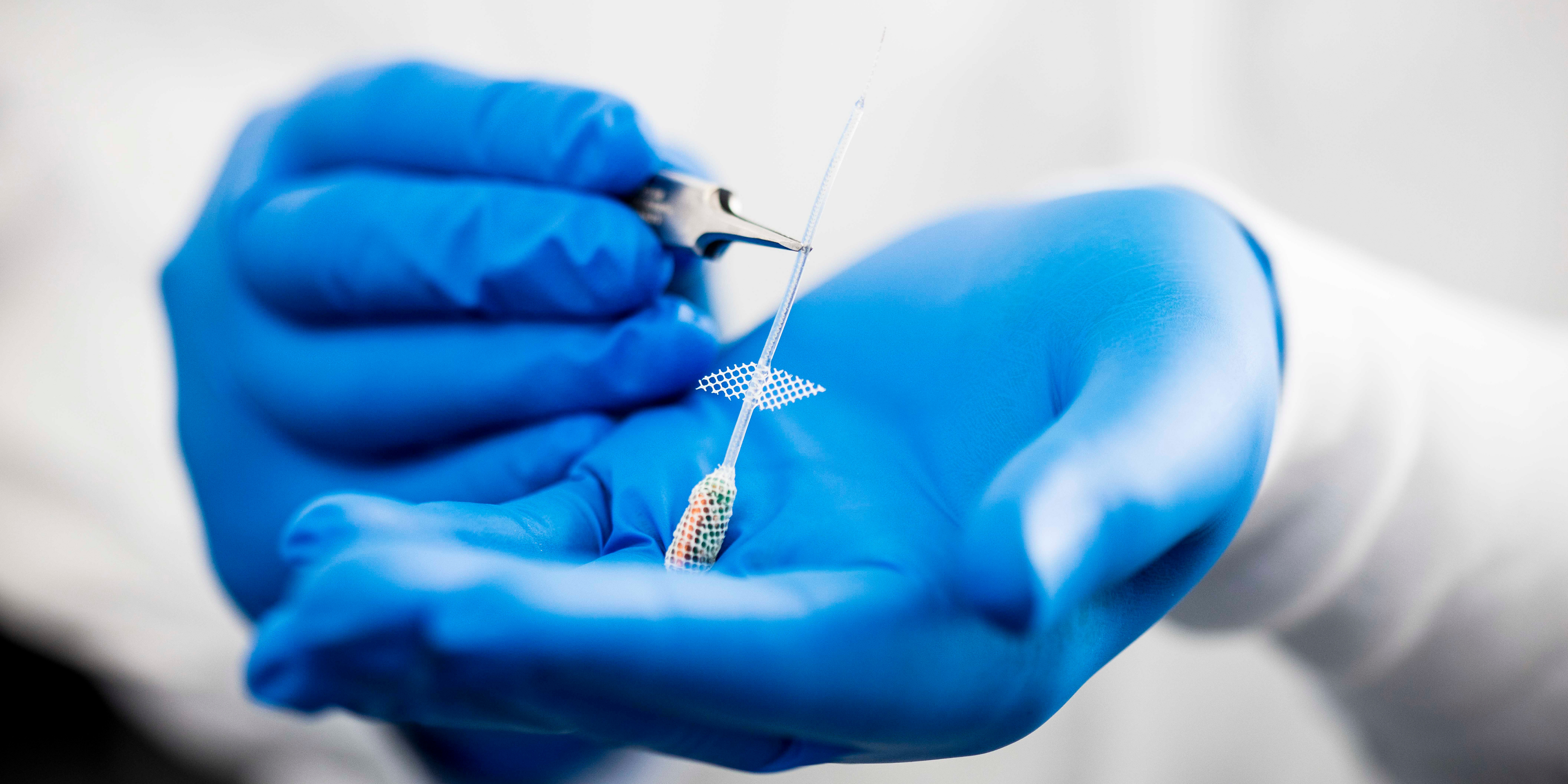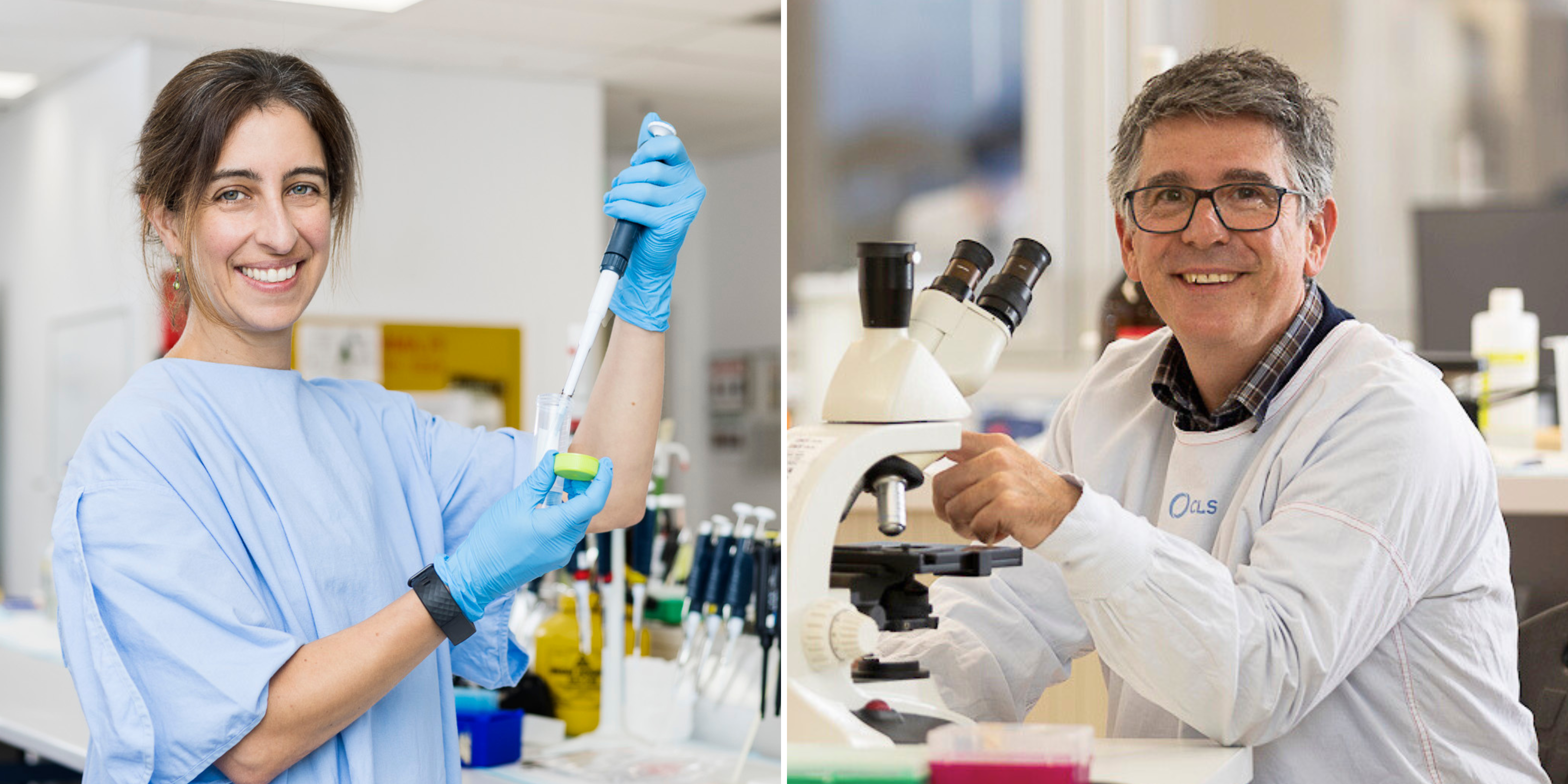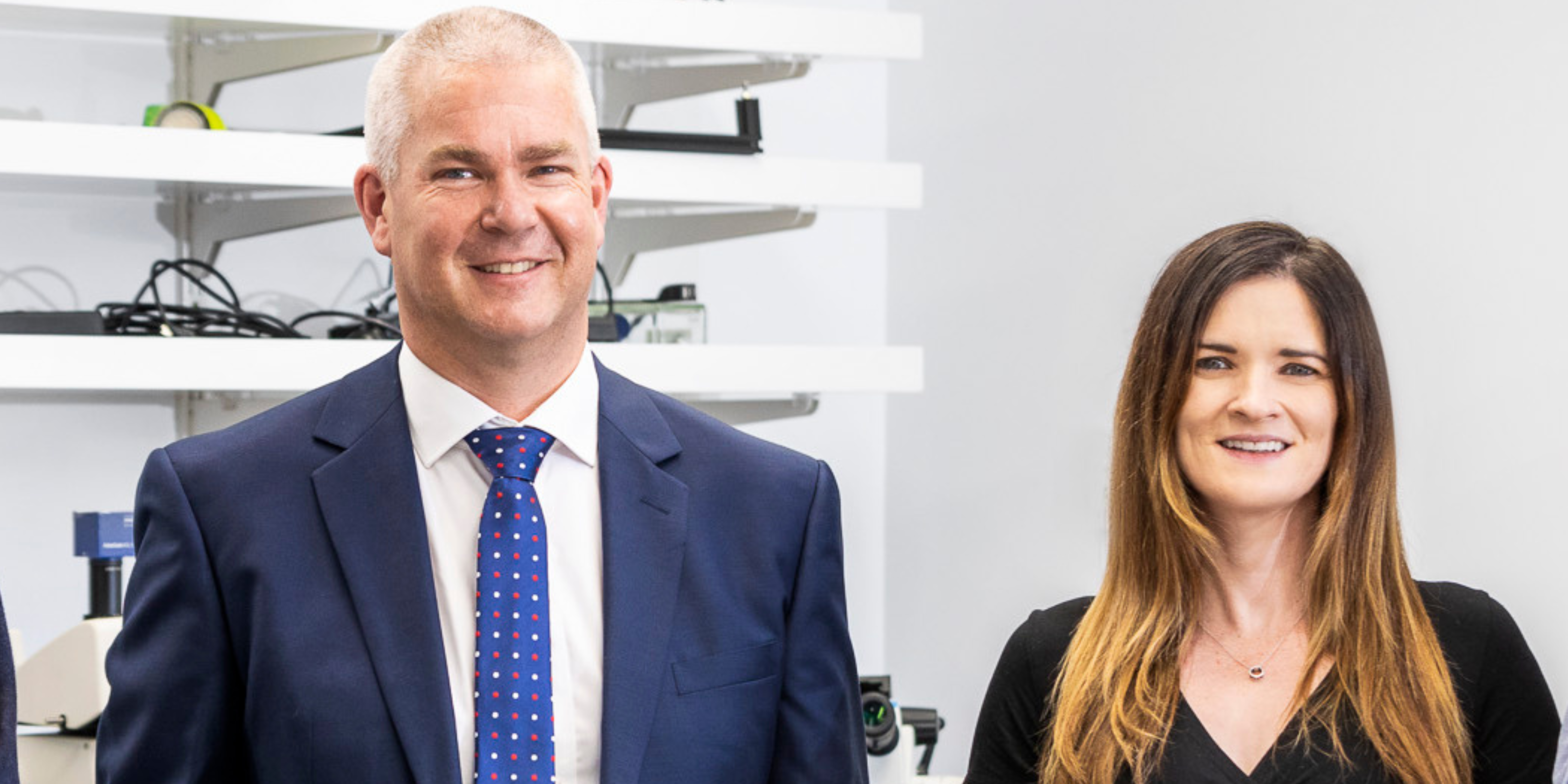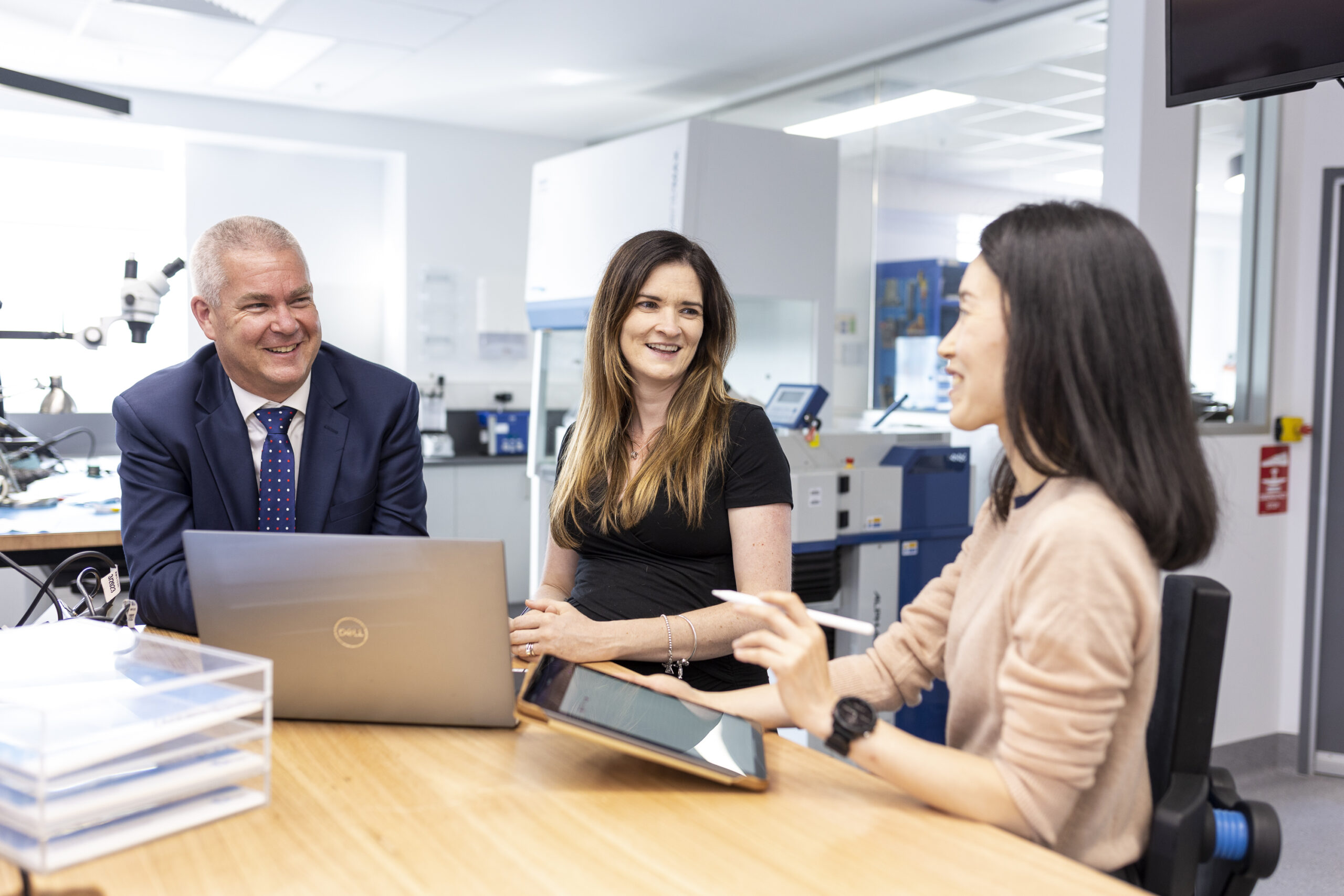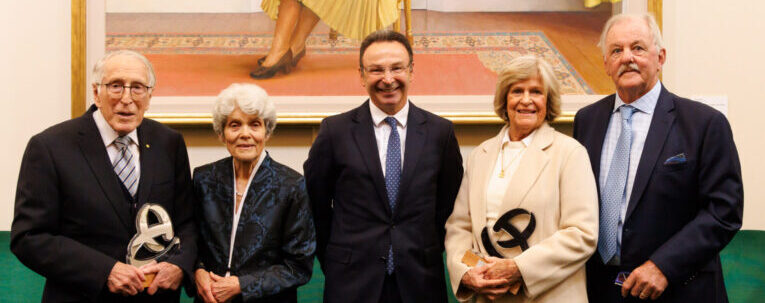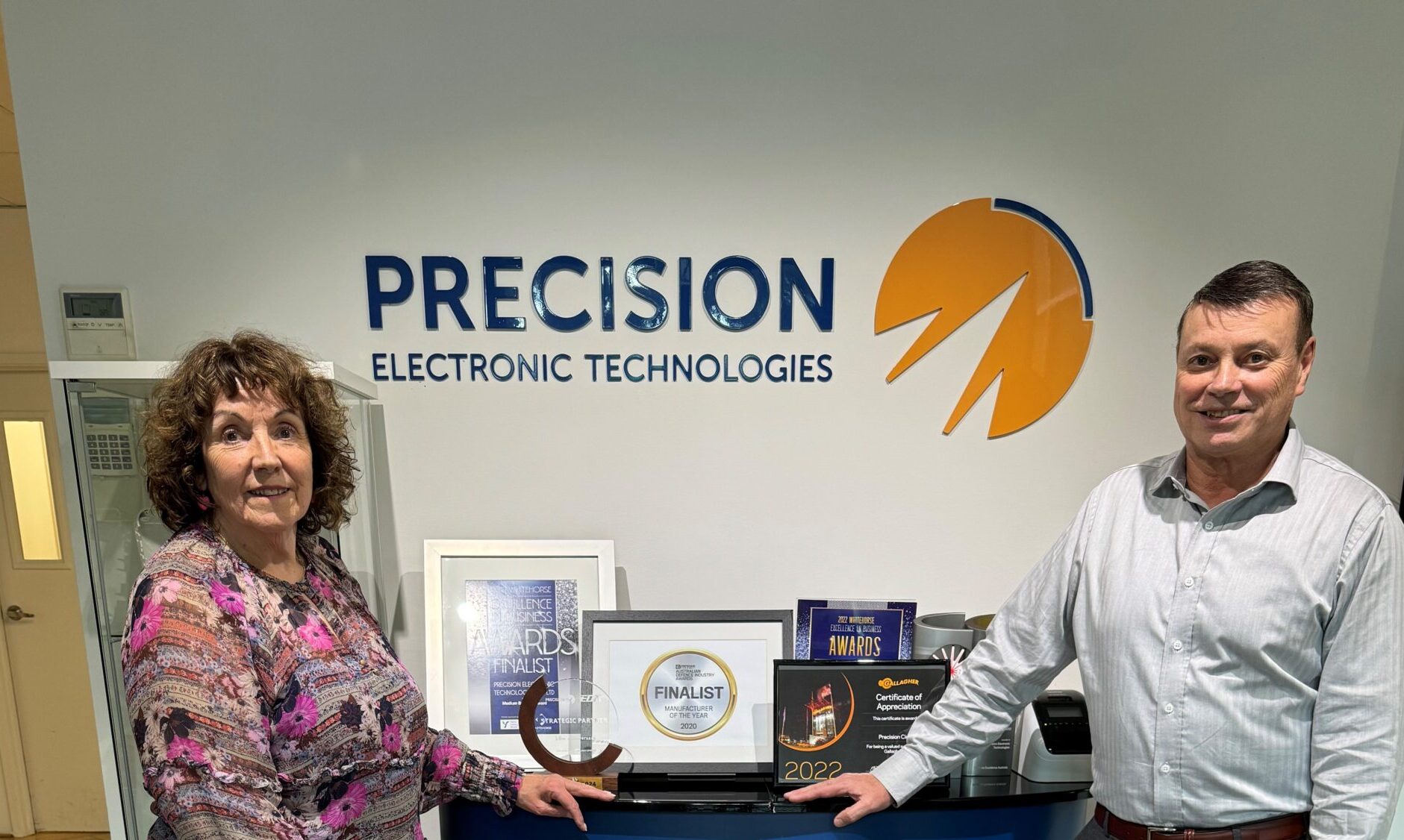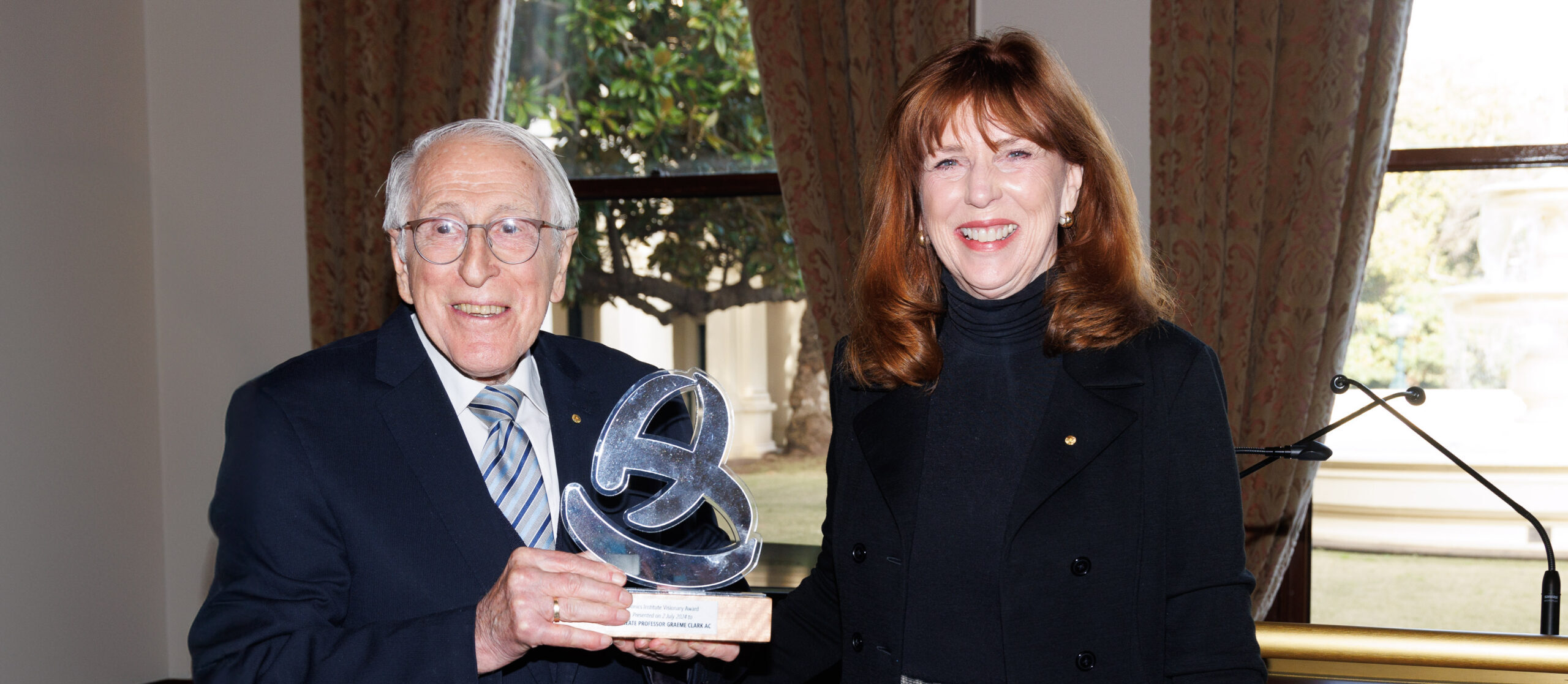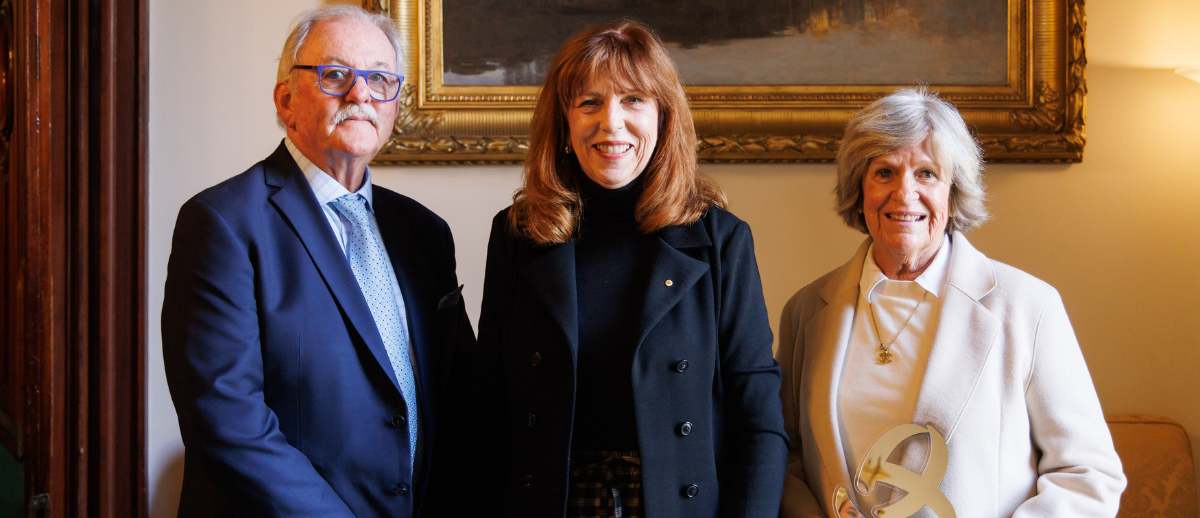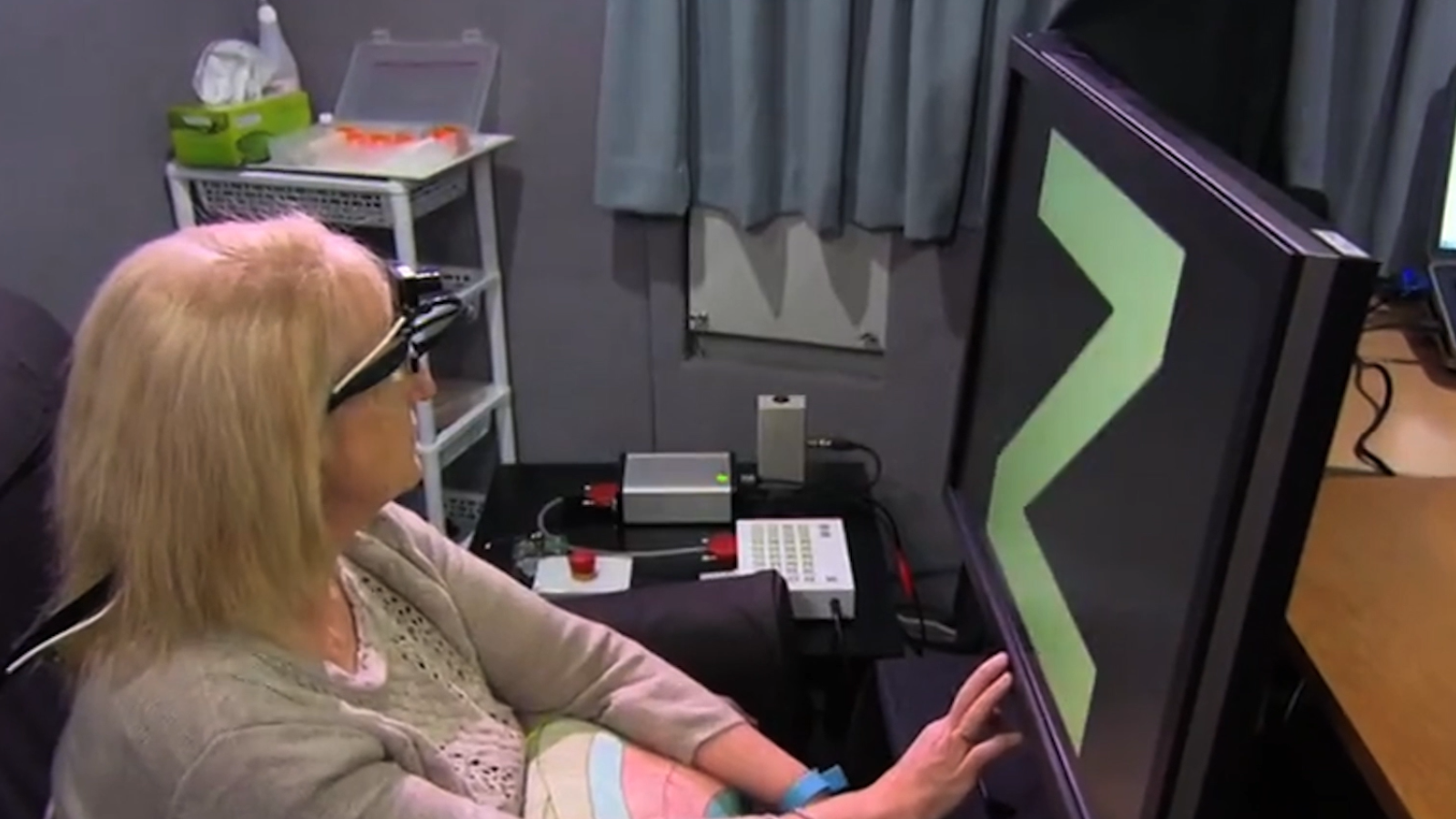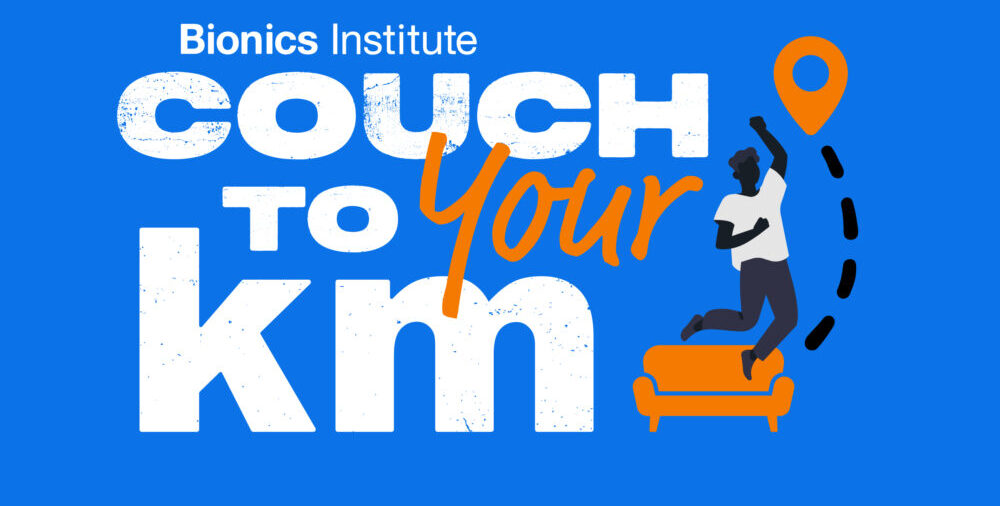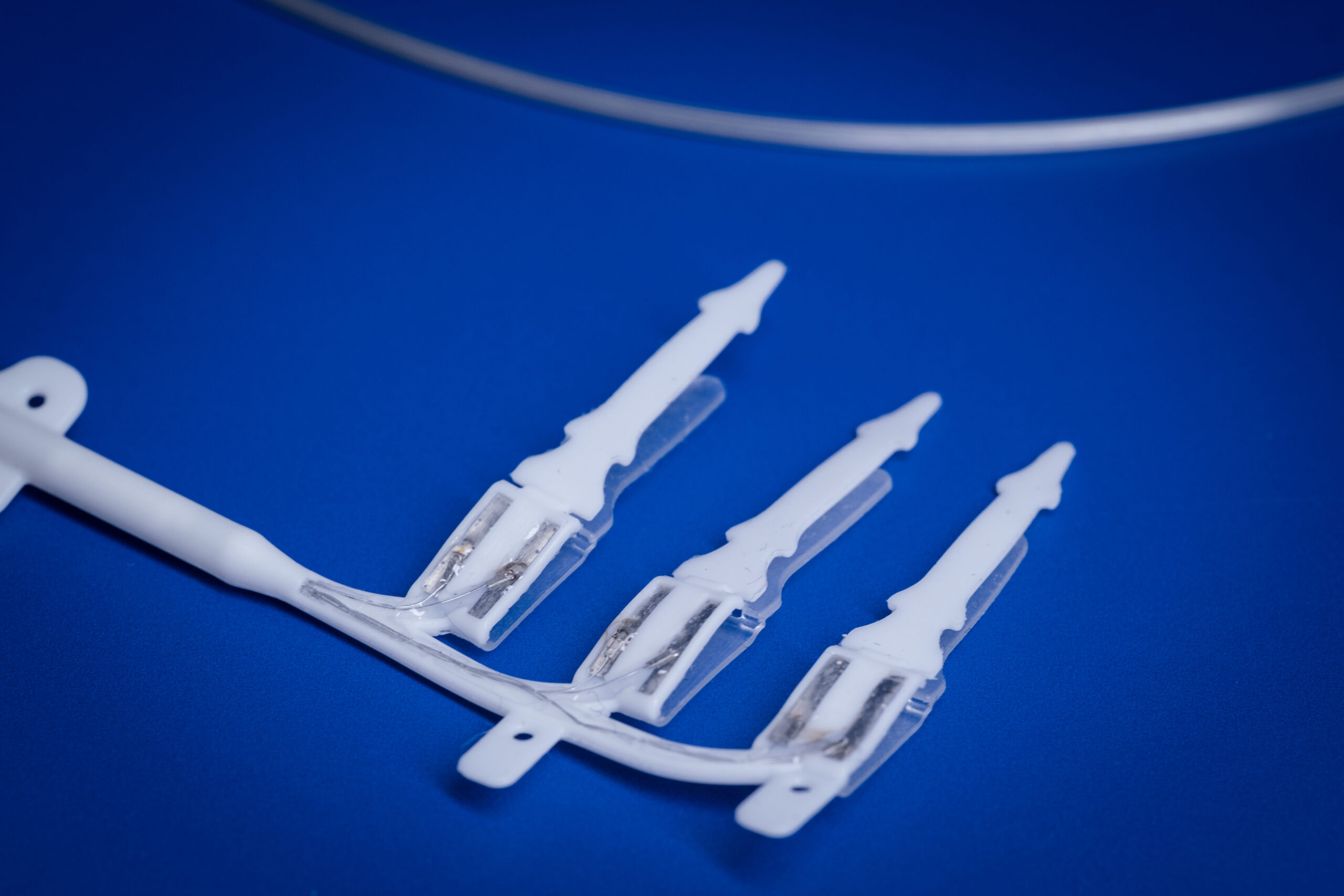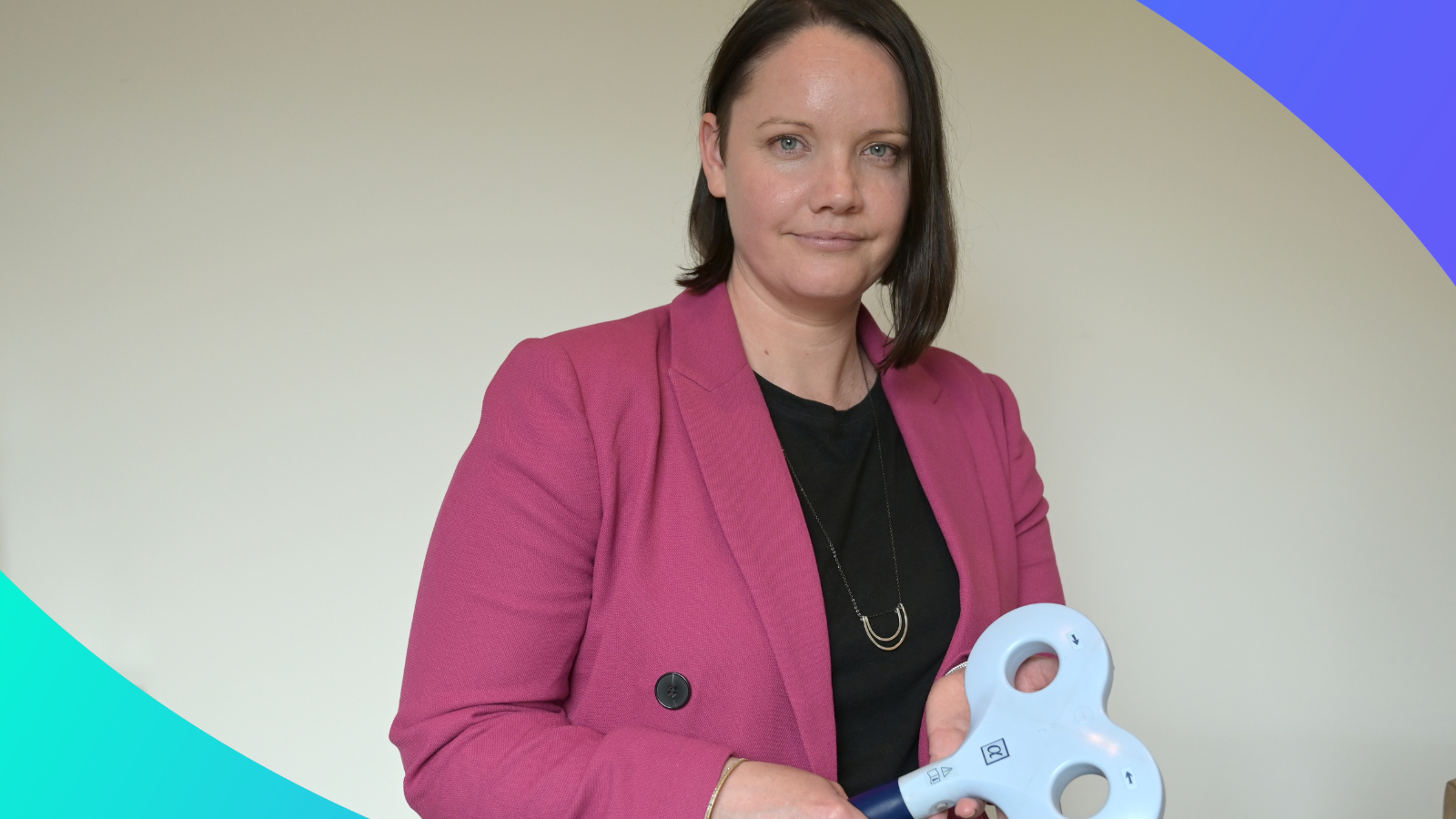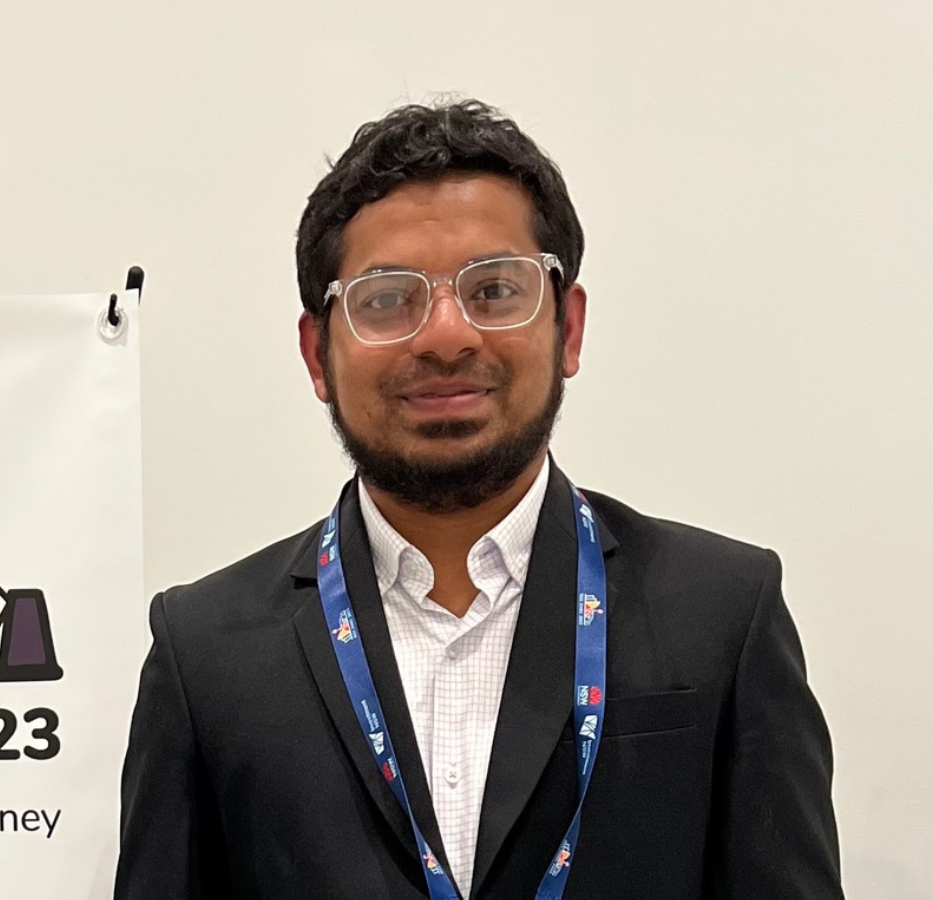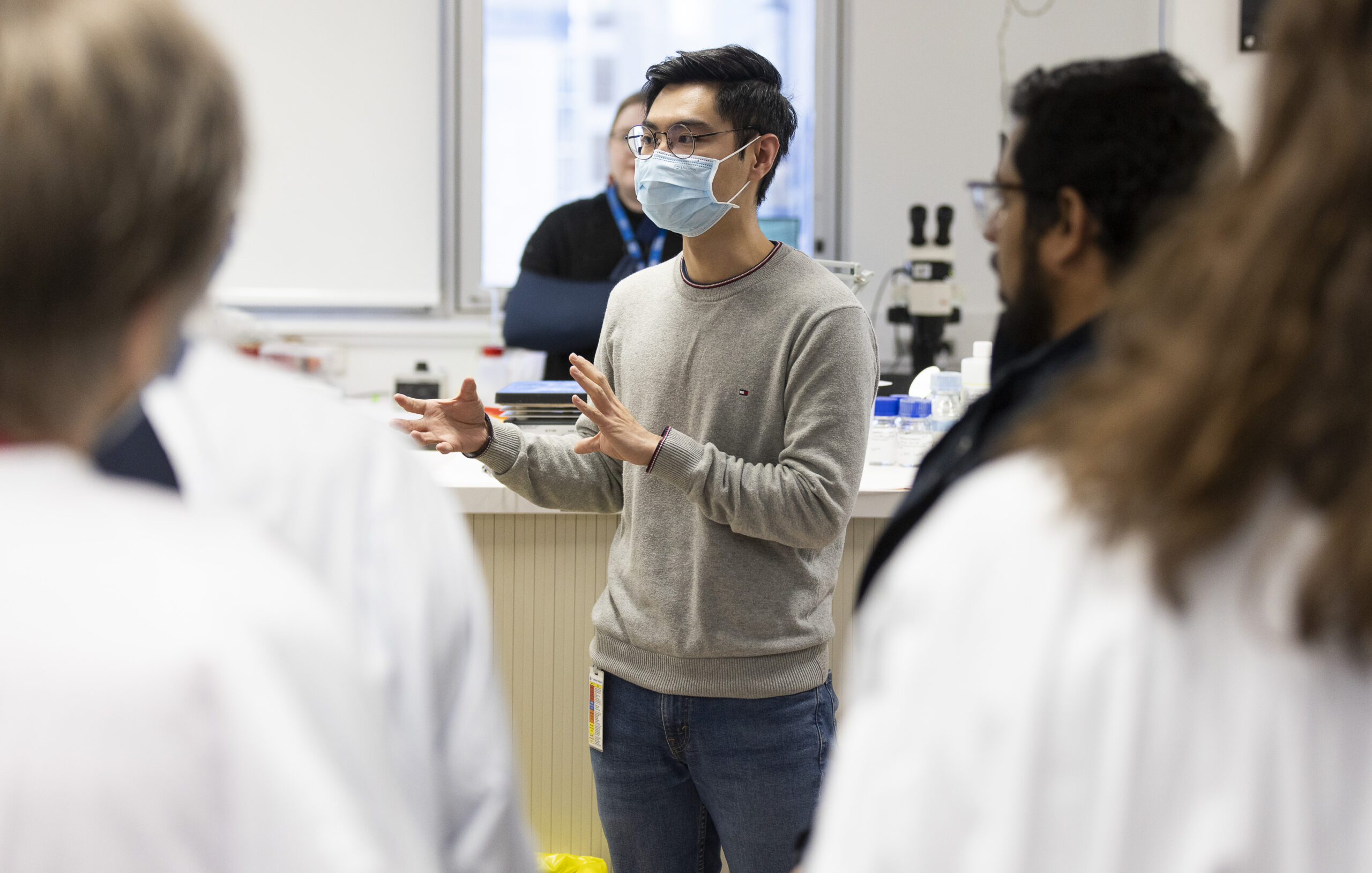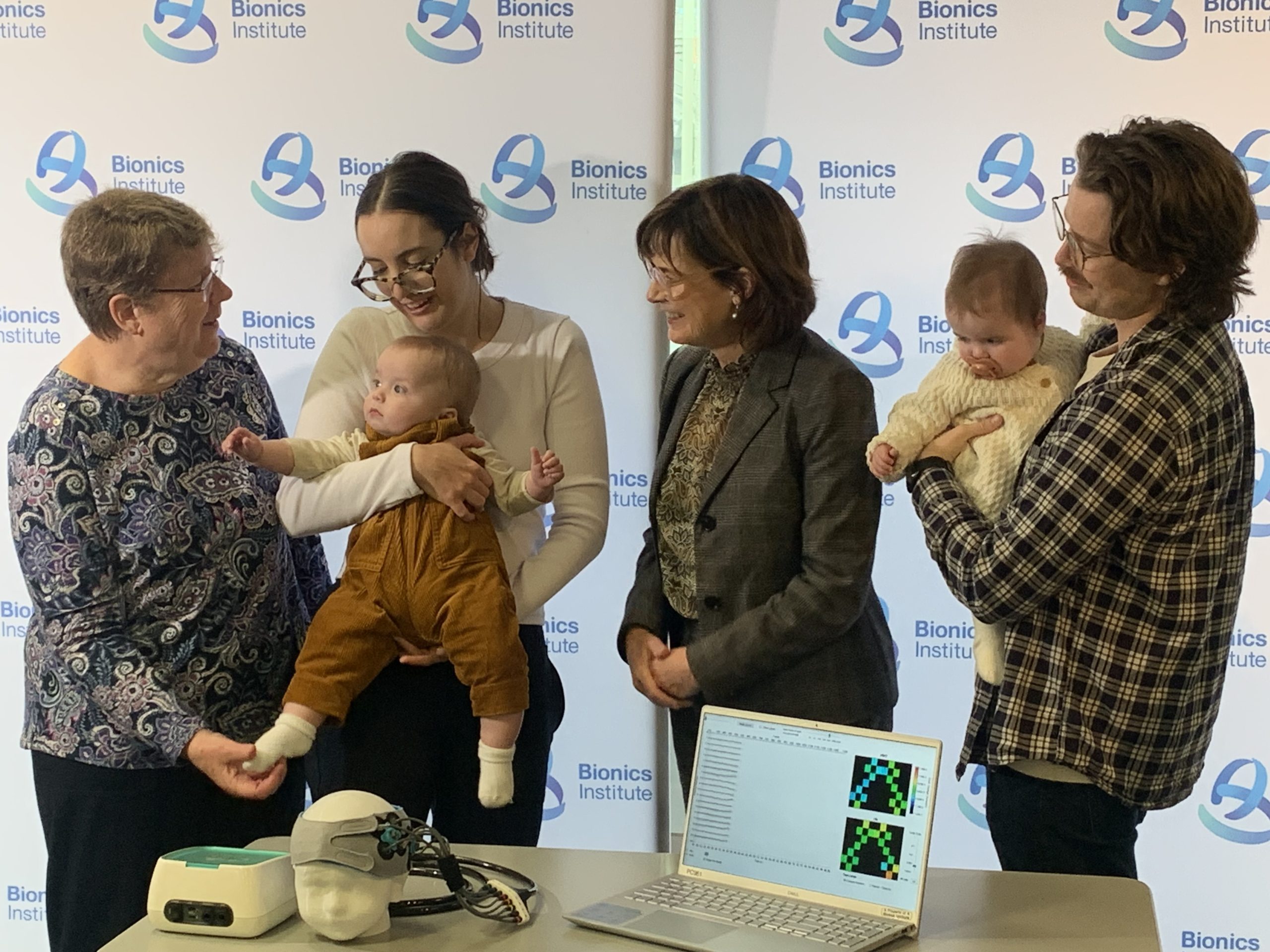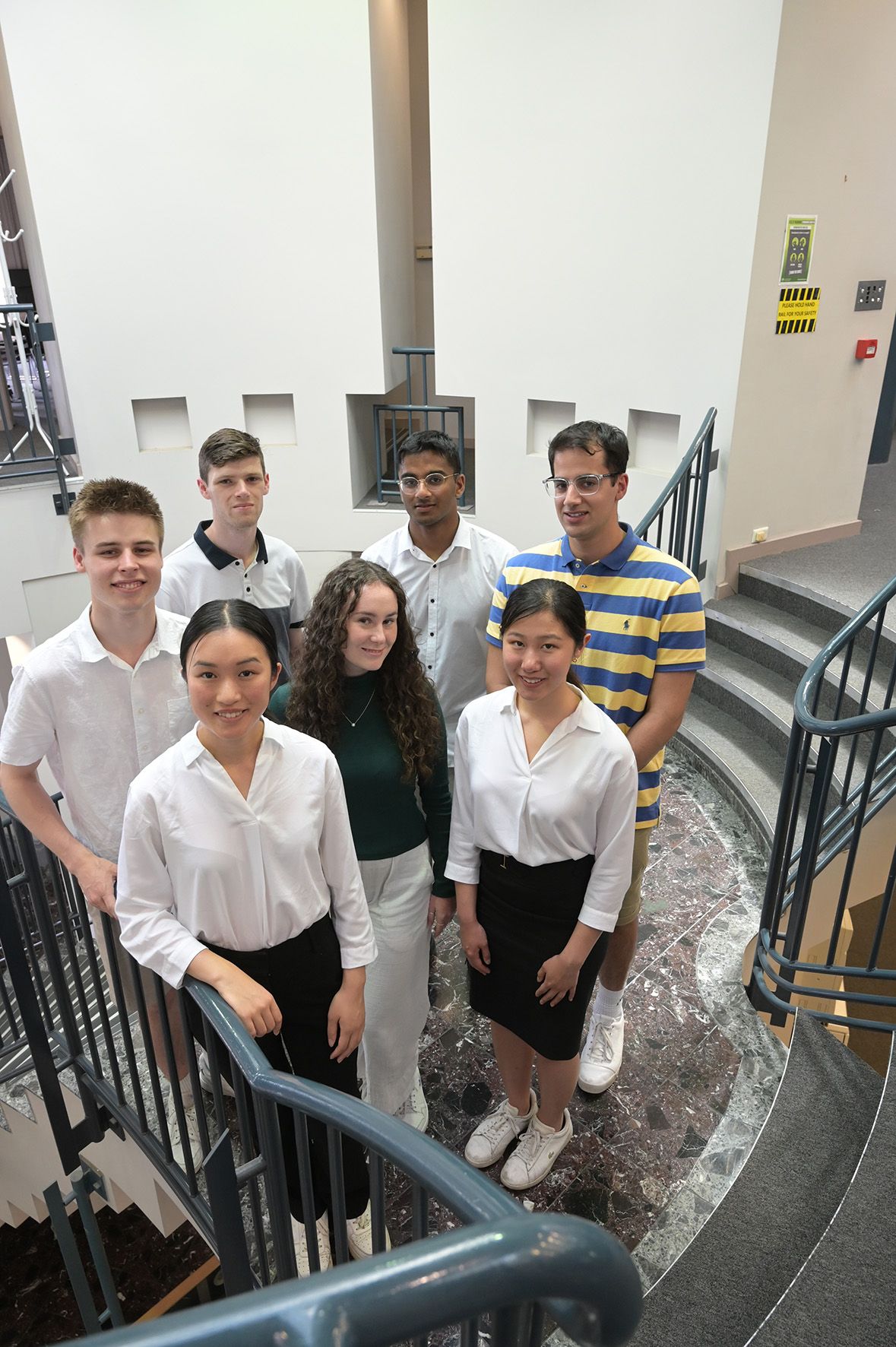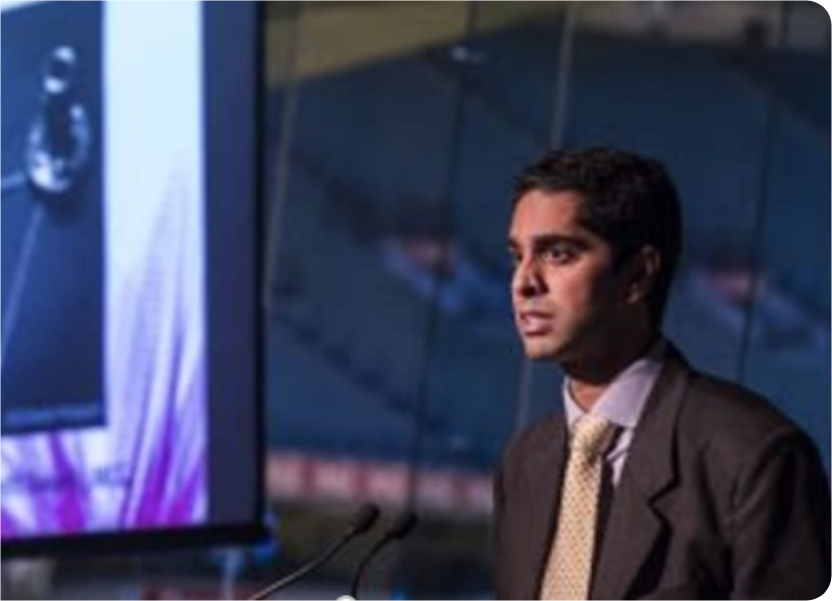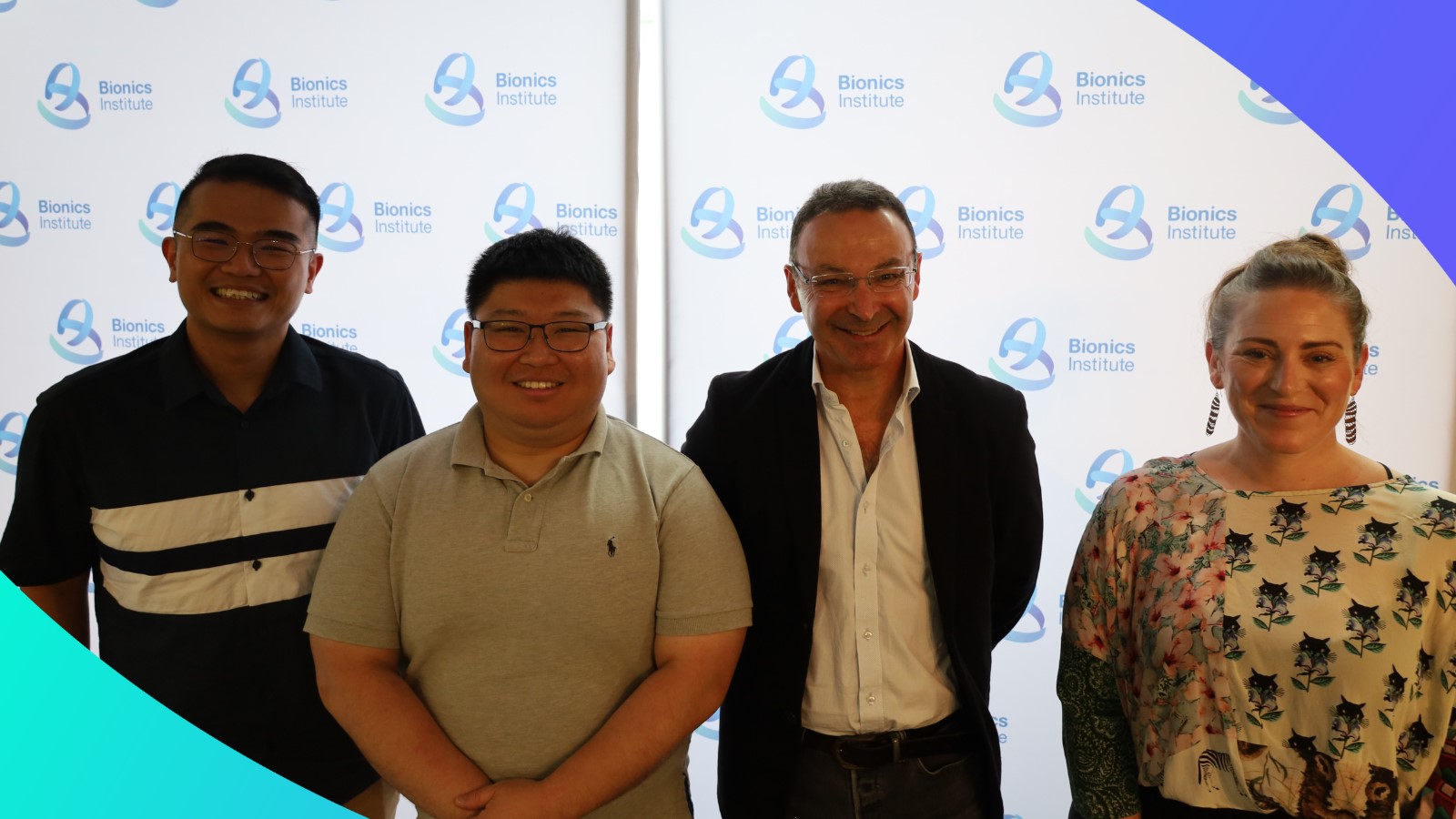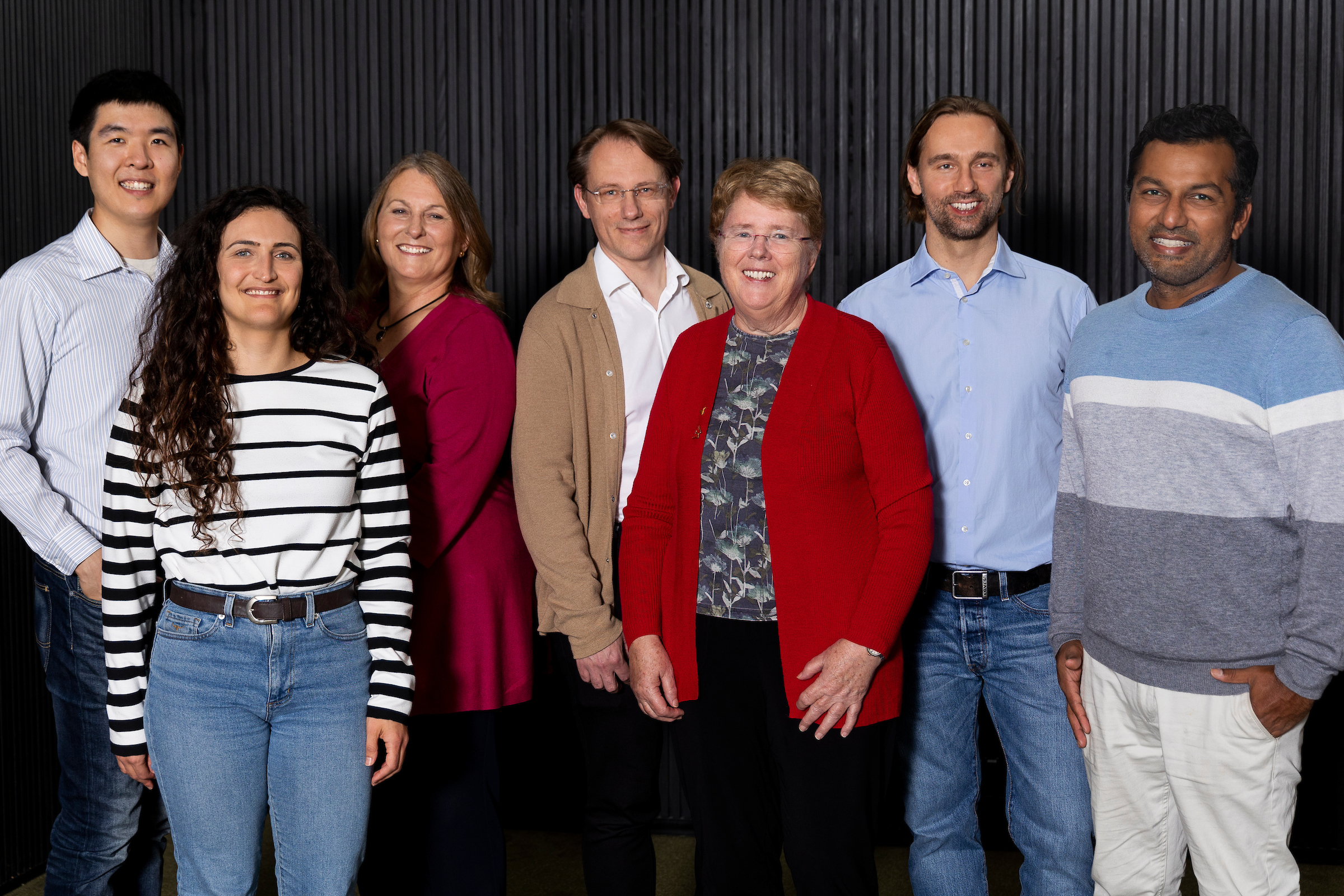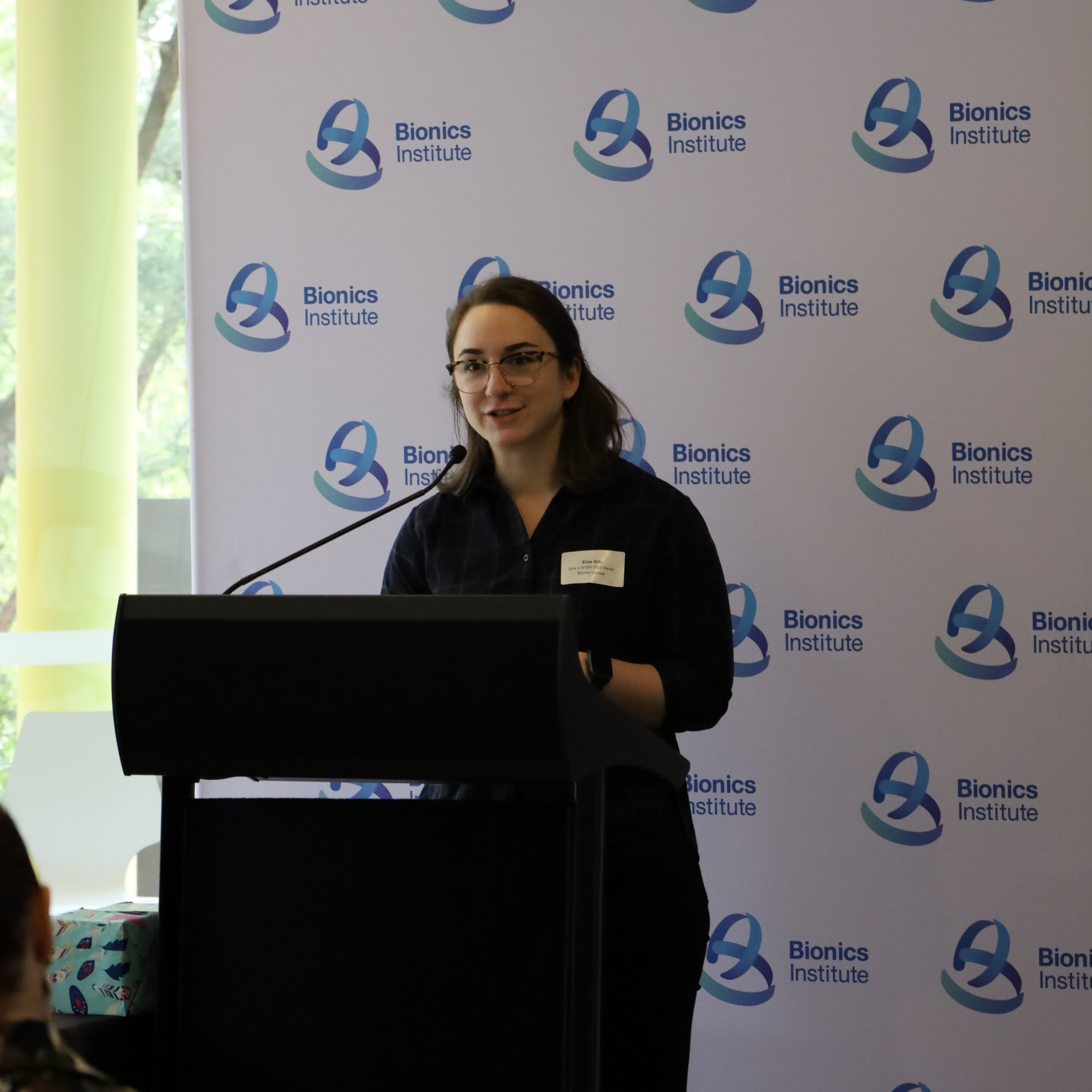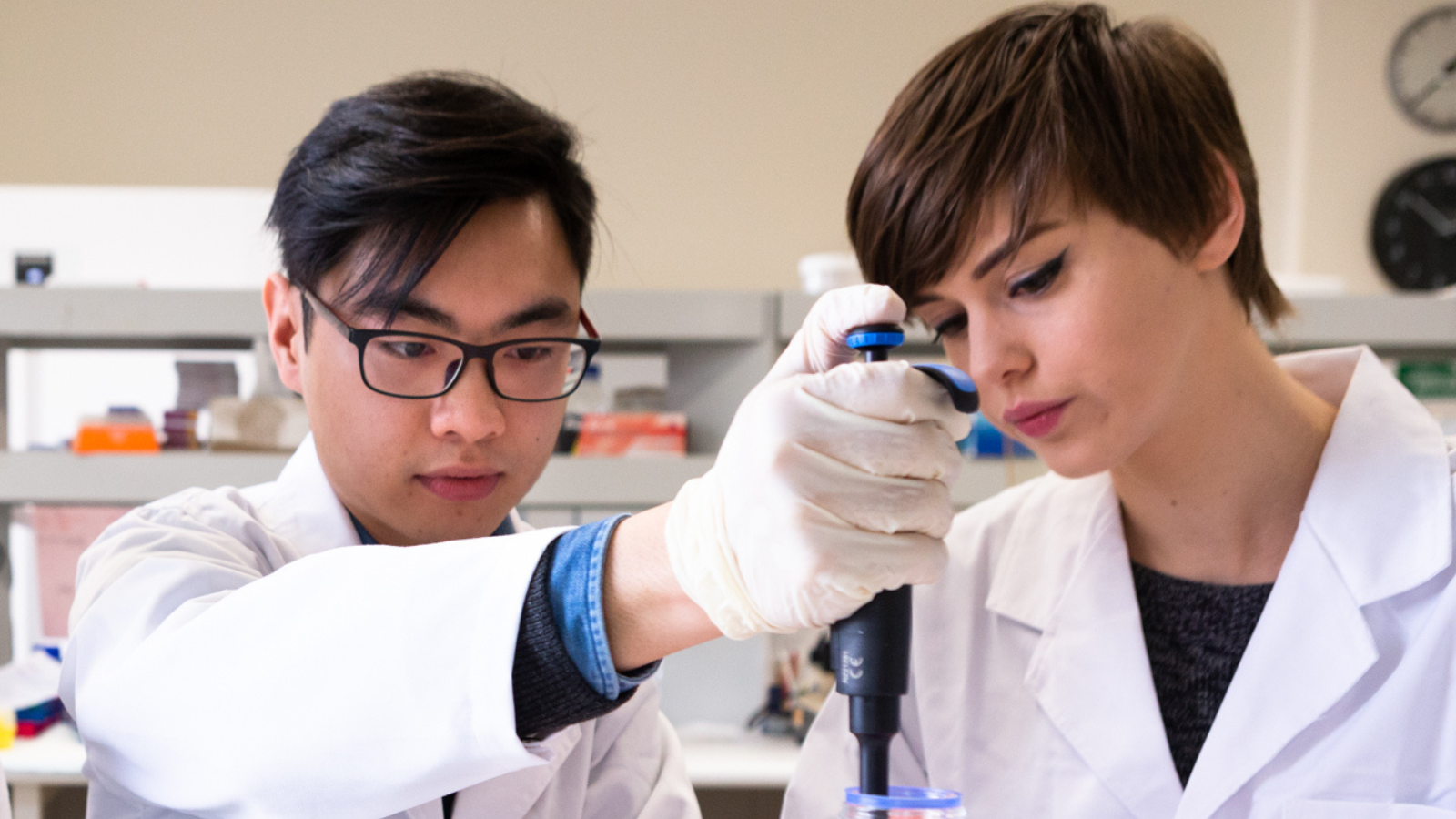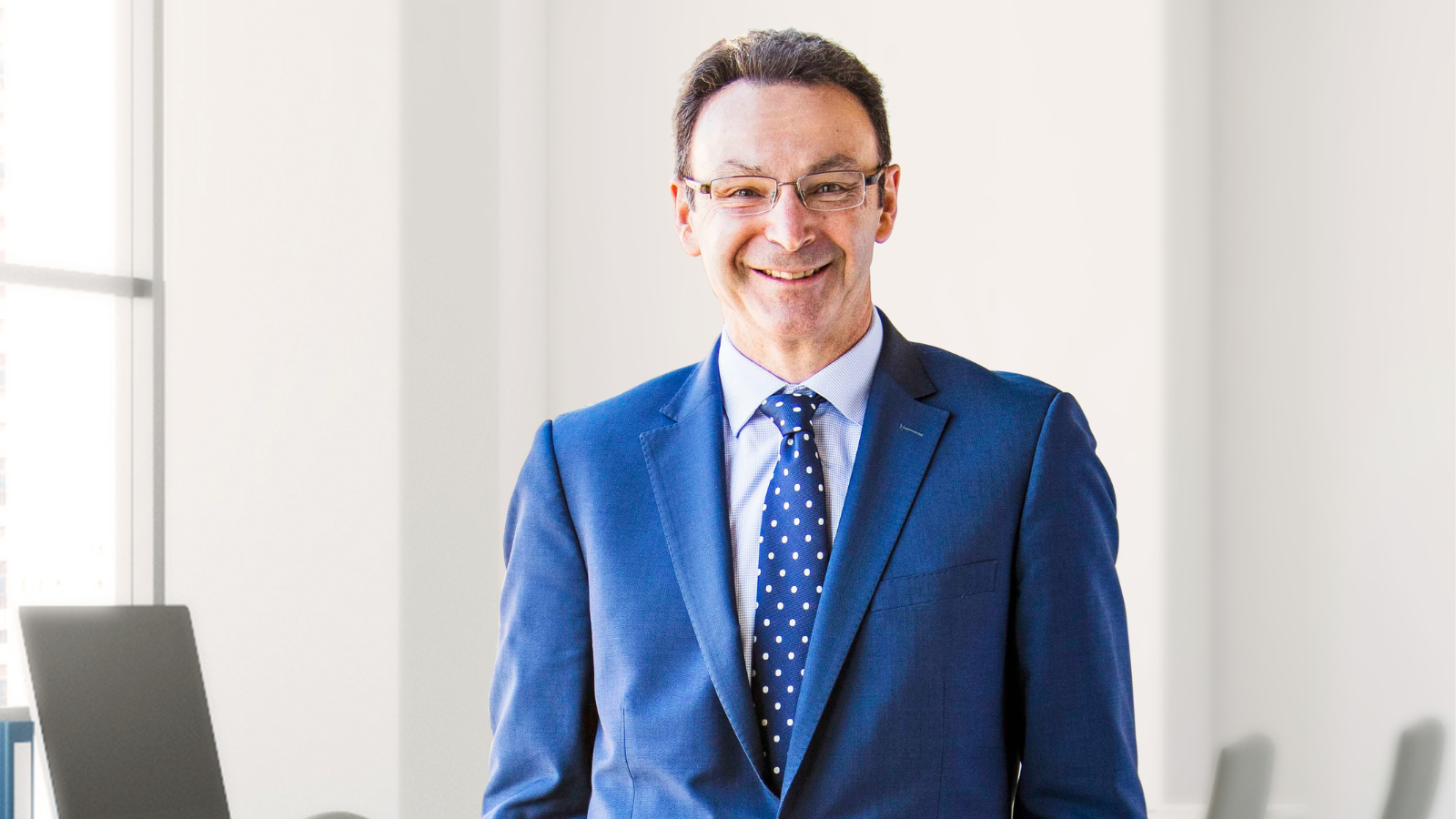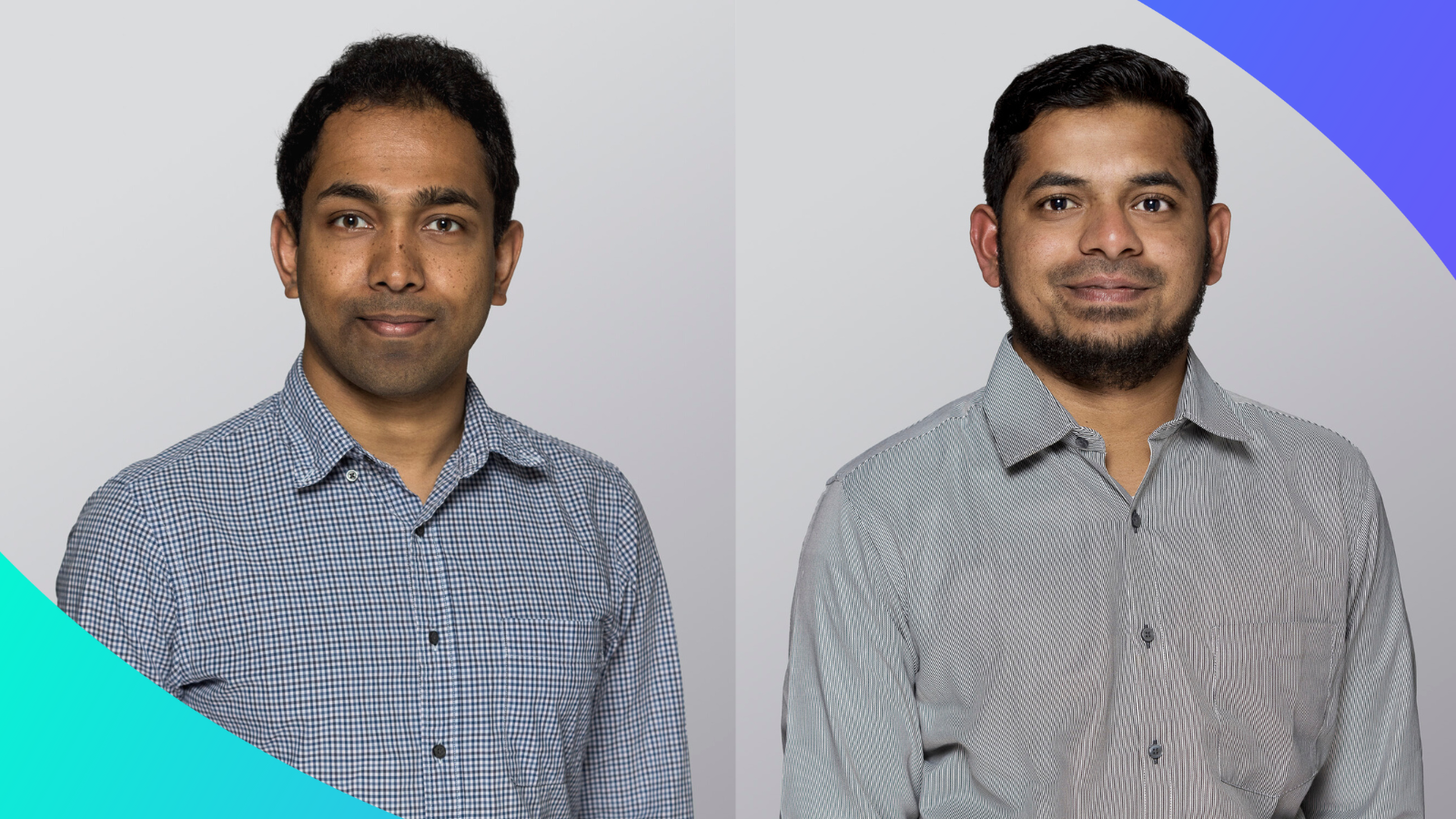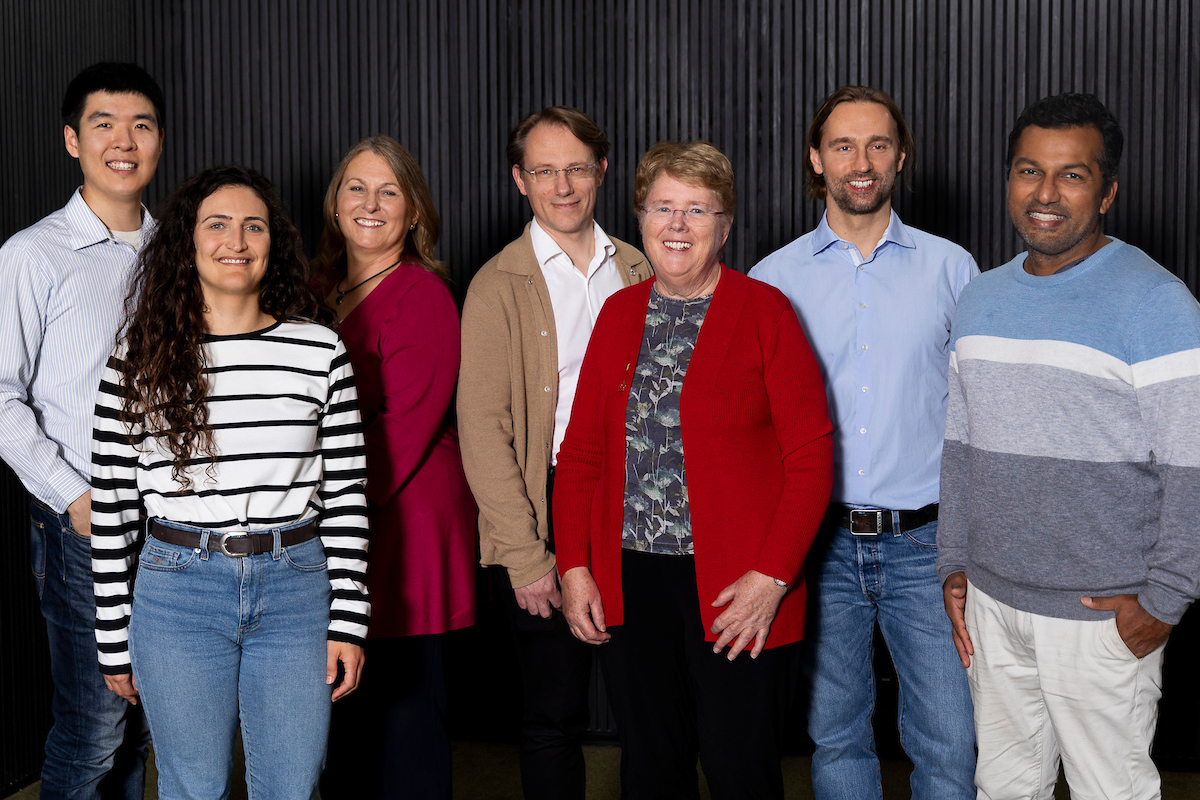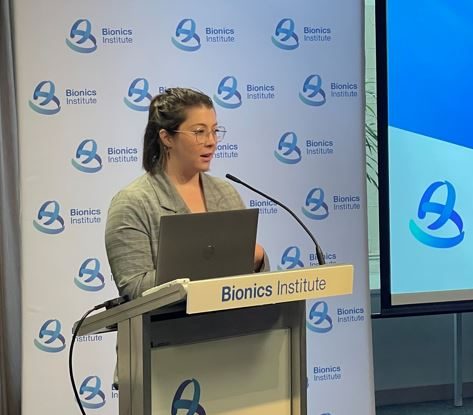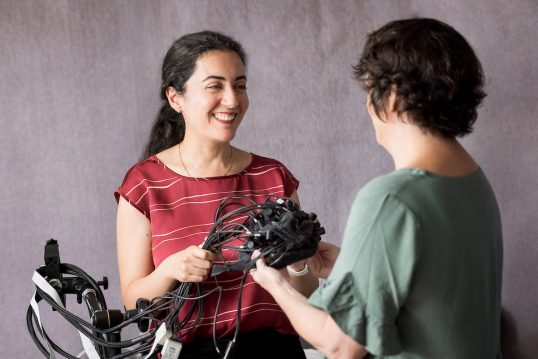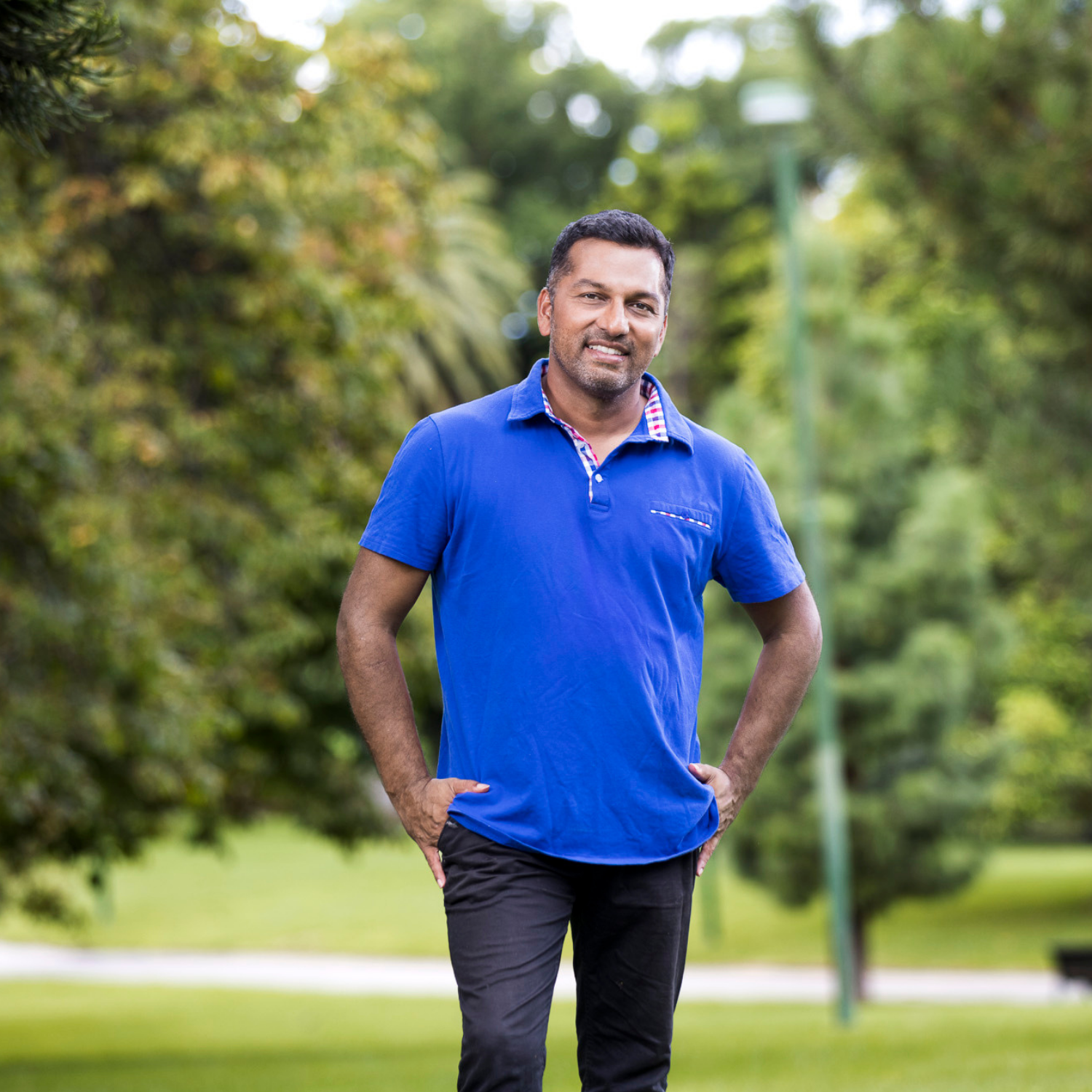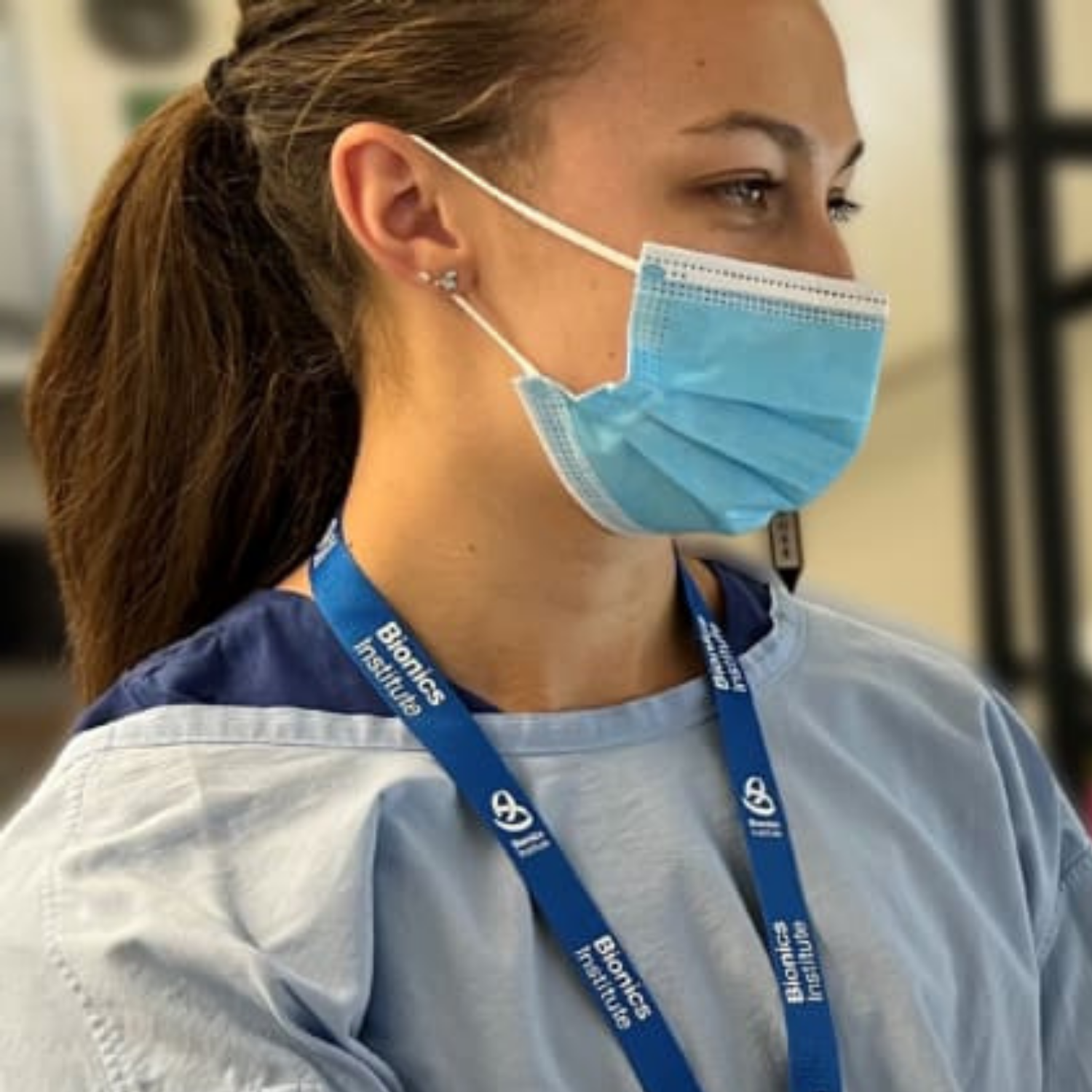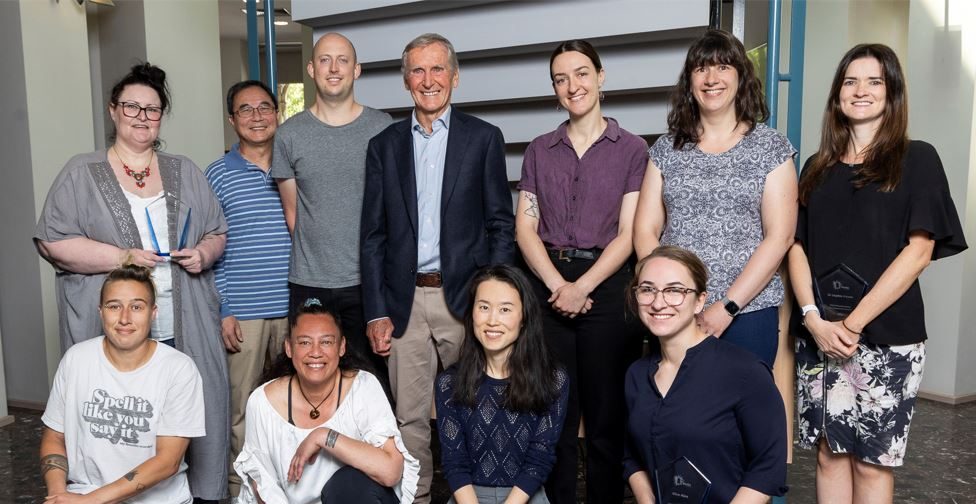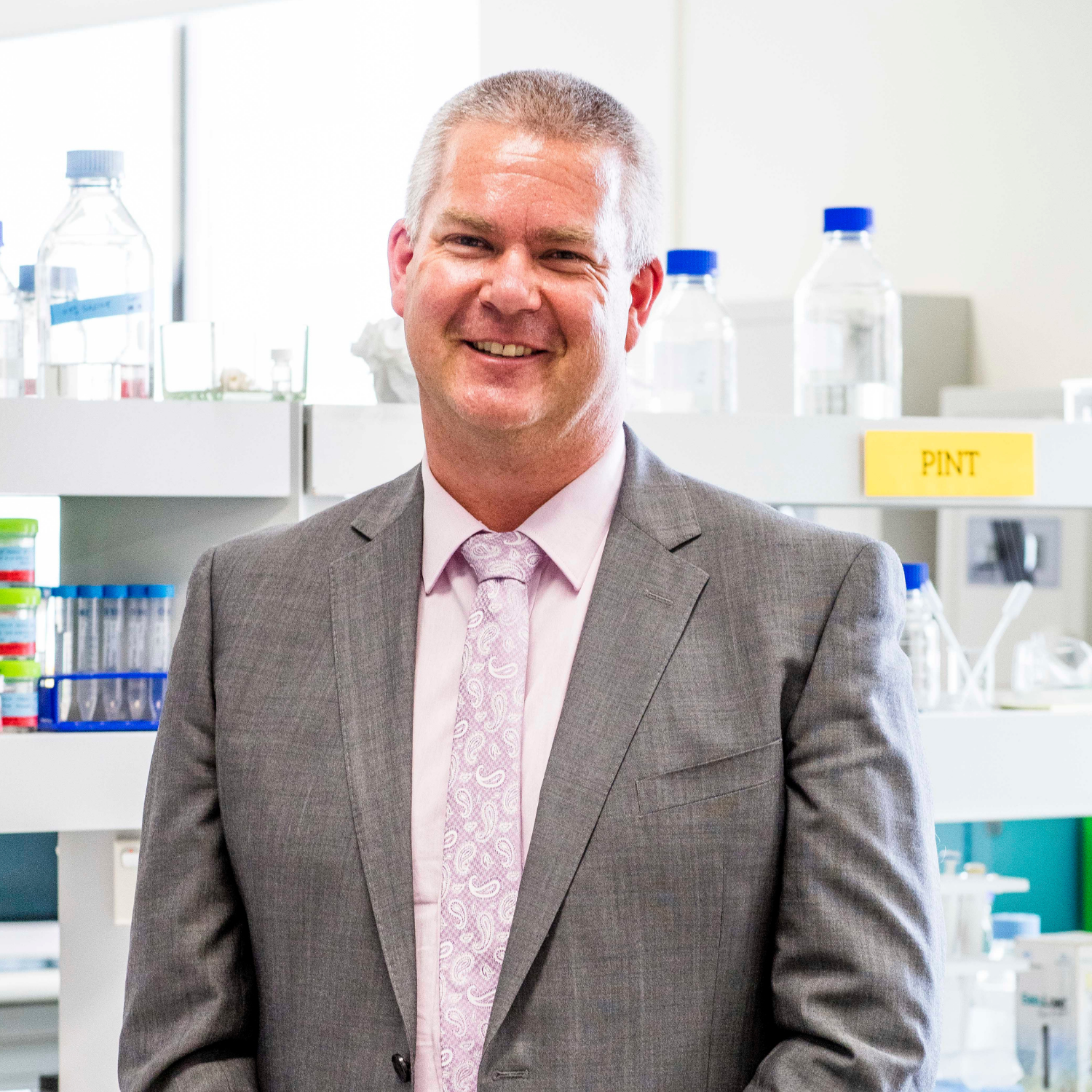Like anyone, Kevin wants to have a normal life, doing the things he loves, with people he loves.
But 46 years of high-pitched, jarring sounds in his head caused by severe tinnitus is making it a daily struggle.
‘This thing is in your head. It drives you crazy,’ Kevin explains.
Therapies, hearing aids, diet changes and medications – Kevin has tried countless ways to try and ease the torment, without success.
He says: ‘Seeking help felt worthless. The bottom line is that I got nowhere. No doctor could hear what I was hearing. No one knew how to treat it.’
Tinnitus affects his sleep, relationships and mental health, so it’s hard to stay motivated to do normal activities. At dinner parties, Kevin says he often feels isolated as tinnitus makes it very hard to follow his friends’ conversations.
‘Sometimes I just tune out, as I’m missing too much.’
There’s currently no cure for tinnitus, and it is difficult for doctors to diagnose and monitor tinnitus because they can only rely on self-reported symptoms.
Bionics Institute researchers are working to change that. Associate Professor Mehrnaz Shoushtarian and her team have developed a revolutionary new test that could bring people like Kevin extraordinary hope and relief.
Results of early research studies are promising – measuring changes in blood oxygen levels in the brain to measure the brain’s response to sound.
Using this approach, we have been able to show differences in brain activity between people with and without tinnitus, as well as individuals experiencing tinnitus at different severity levels. The tinnitus research team are now validating their data in a bigger clinical study and developing portable prototypes of the system for use in a larger multi-site clinical trial.
By gathering further research data, we aim to develop a definitive test of the presence and severity of tinnitus. Such a test might aid in development and monitoring of potential treatments by objectively showing which treatments are effective.
New tests and treatments could have a profound impact on those like Kevin.
This potential test gives me hope that soon my tinnitus might be better managed. I’ll be able to enjoy a concert, a conversation at a dinner party and especially the quiet calm and solitude of a walk in the park. Kevin
